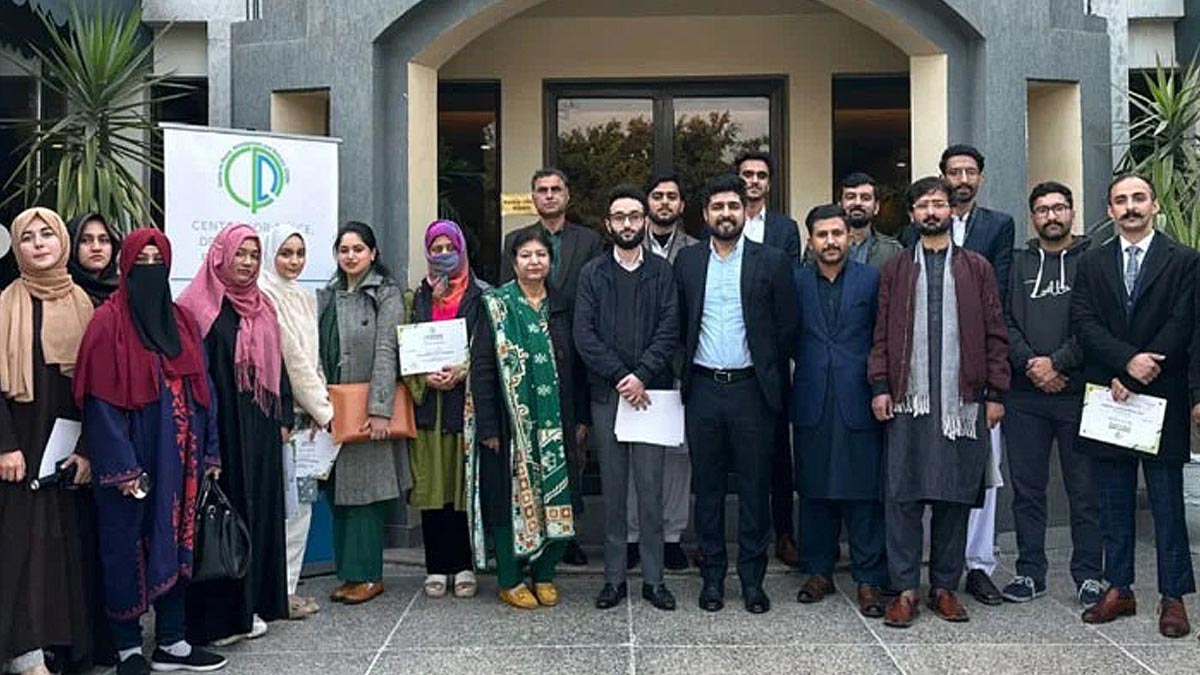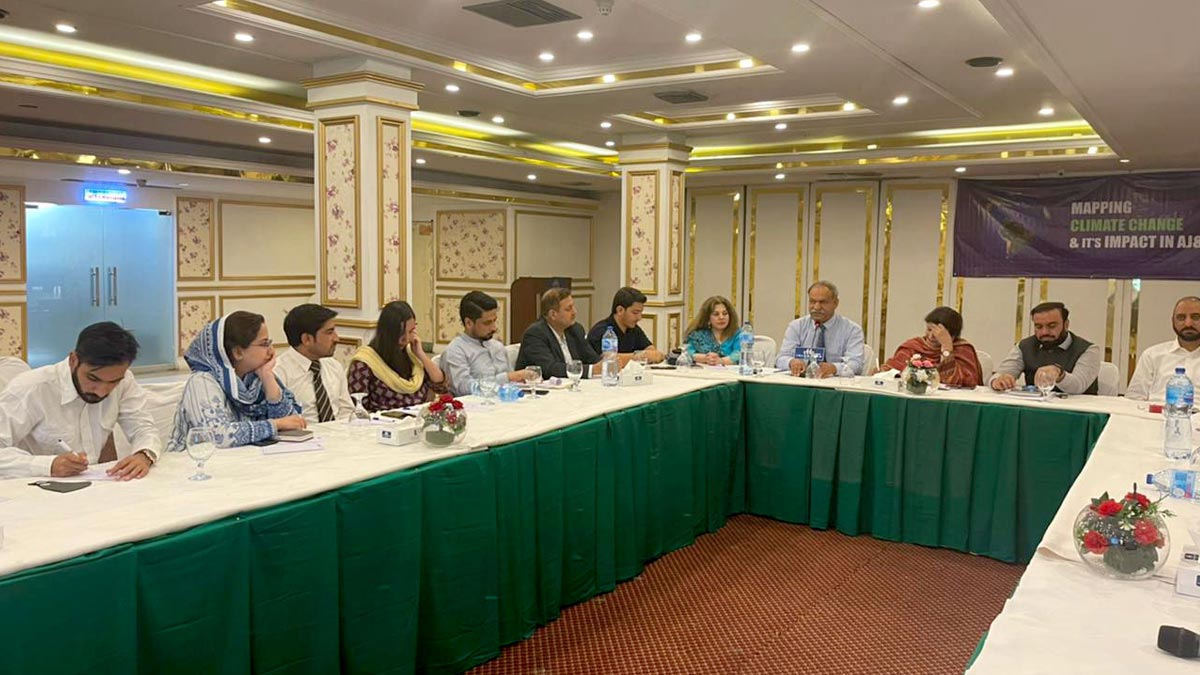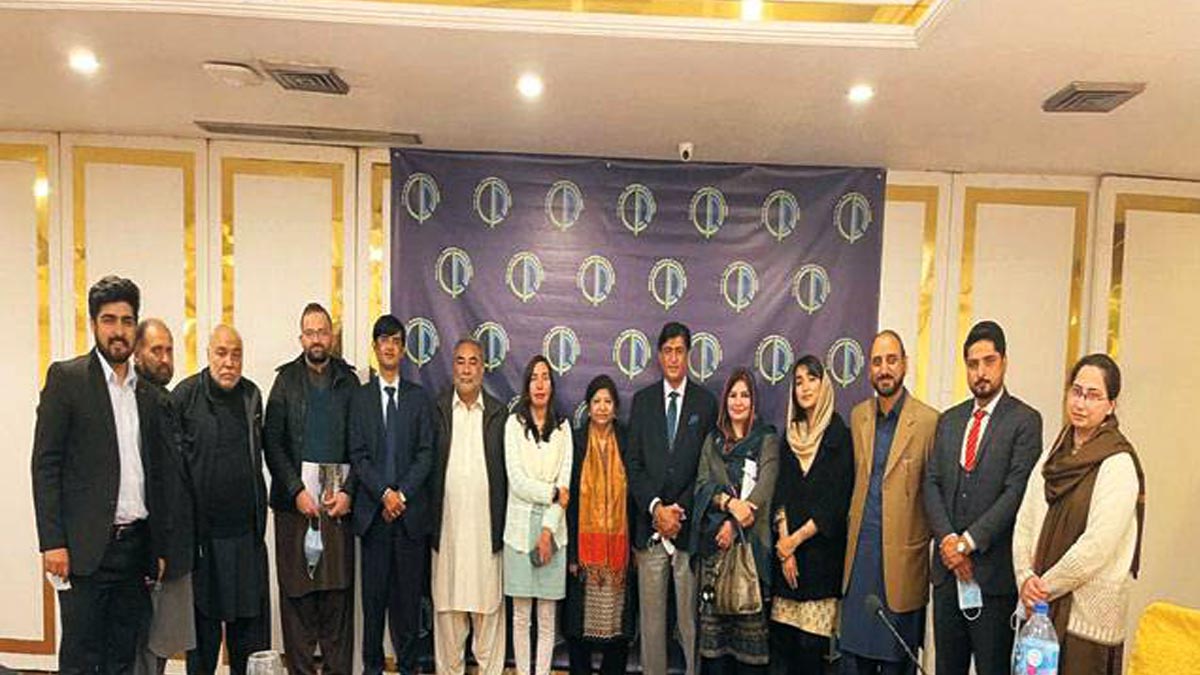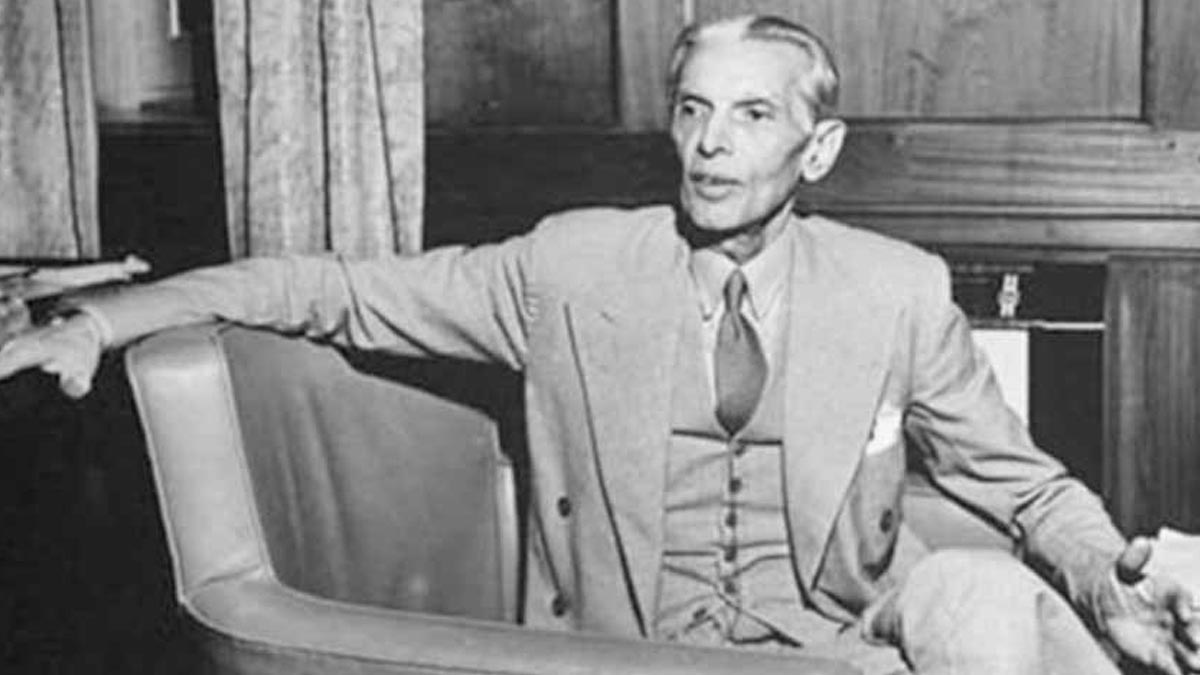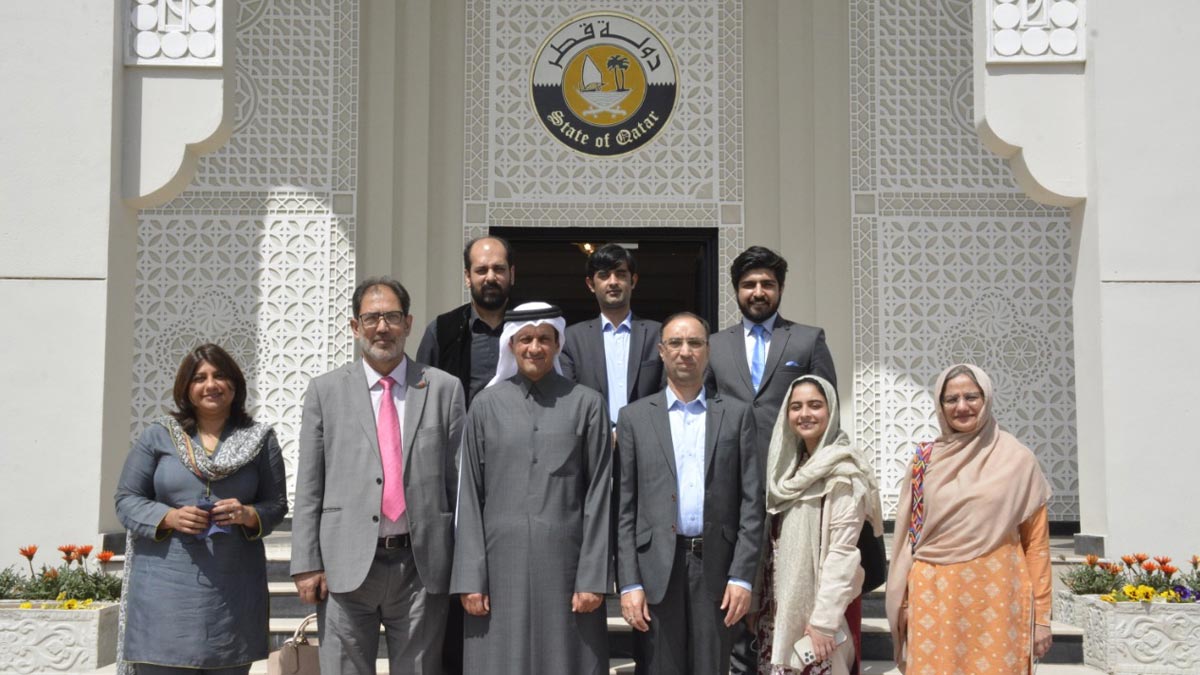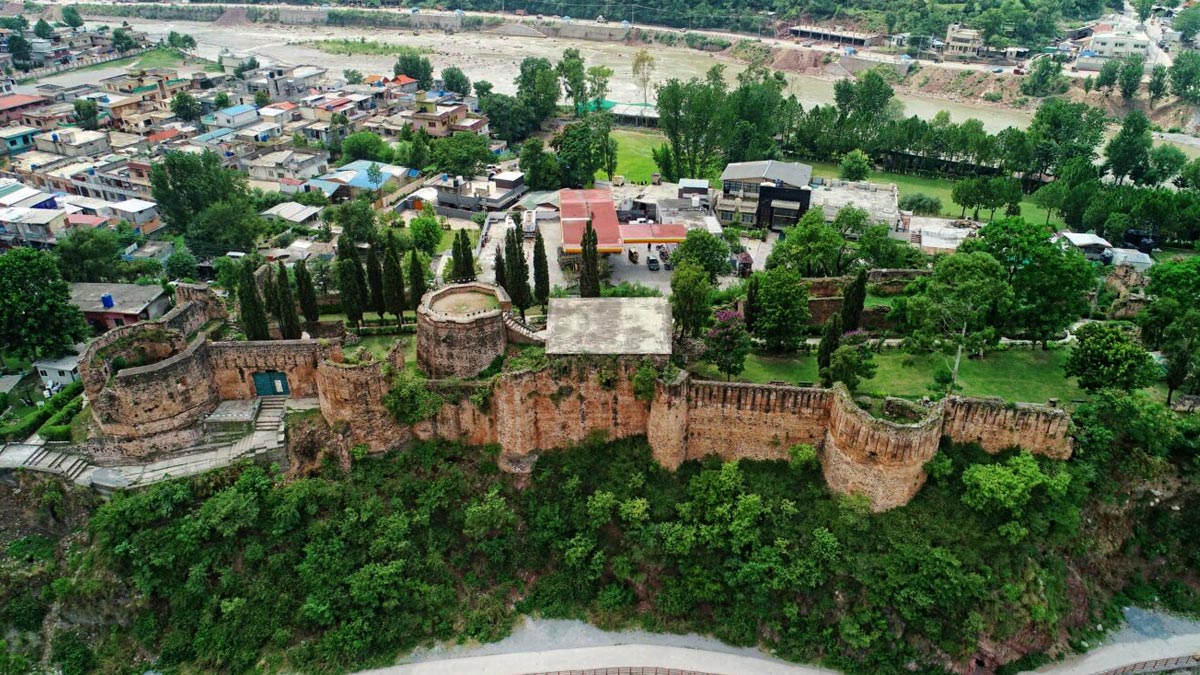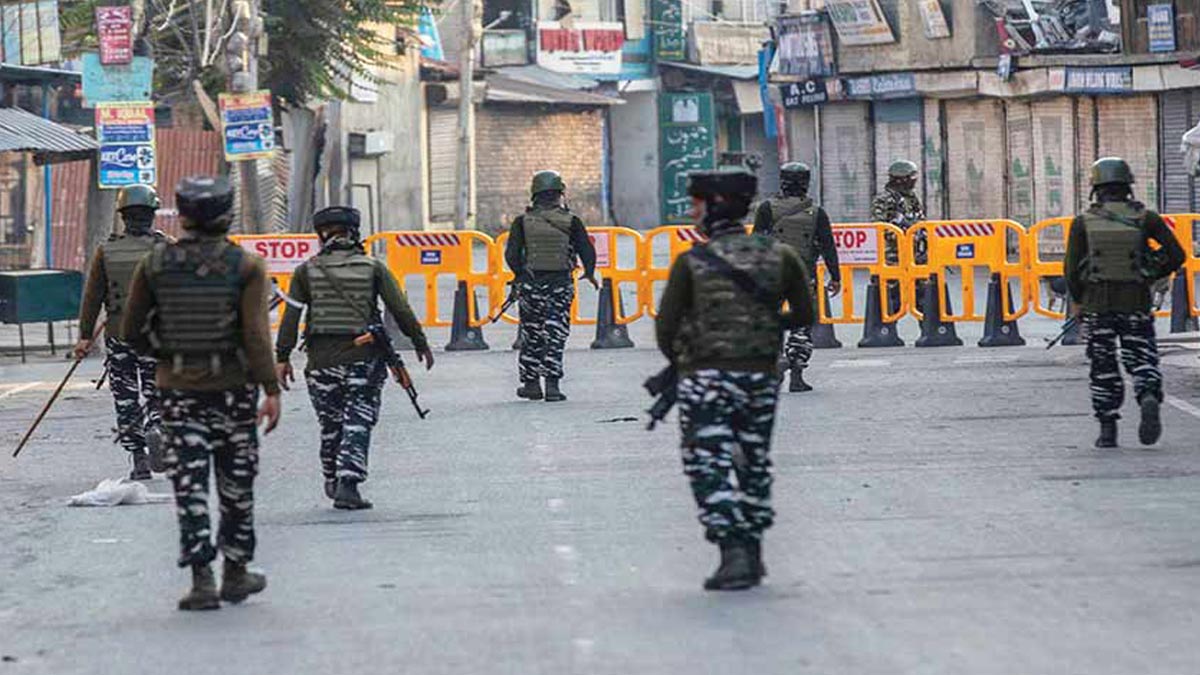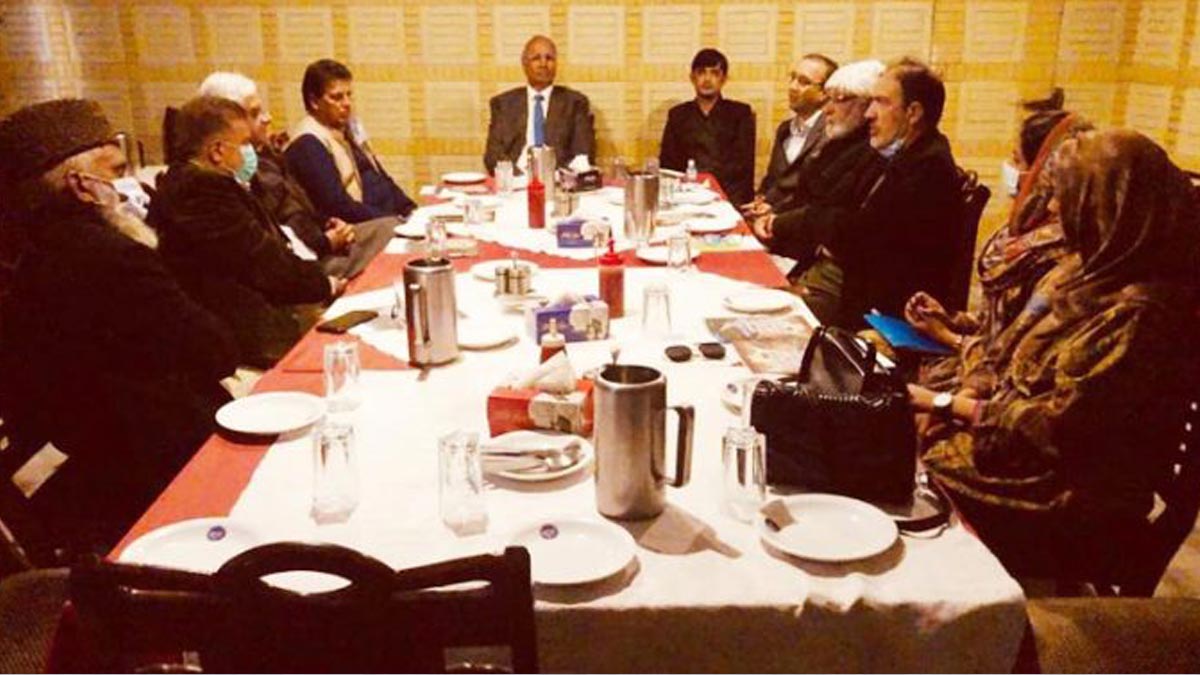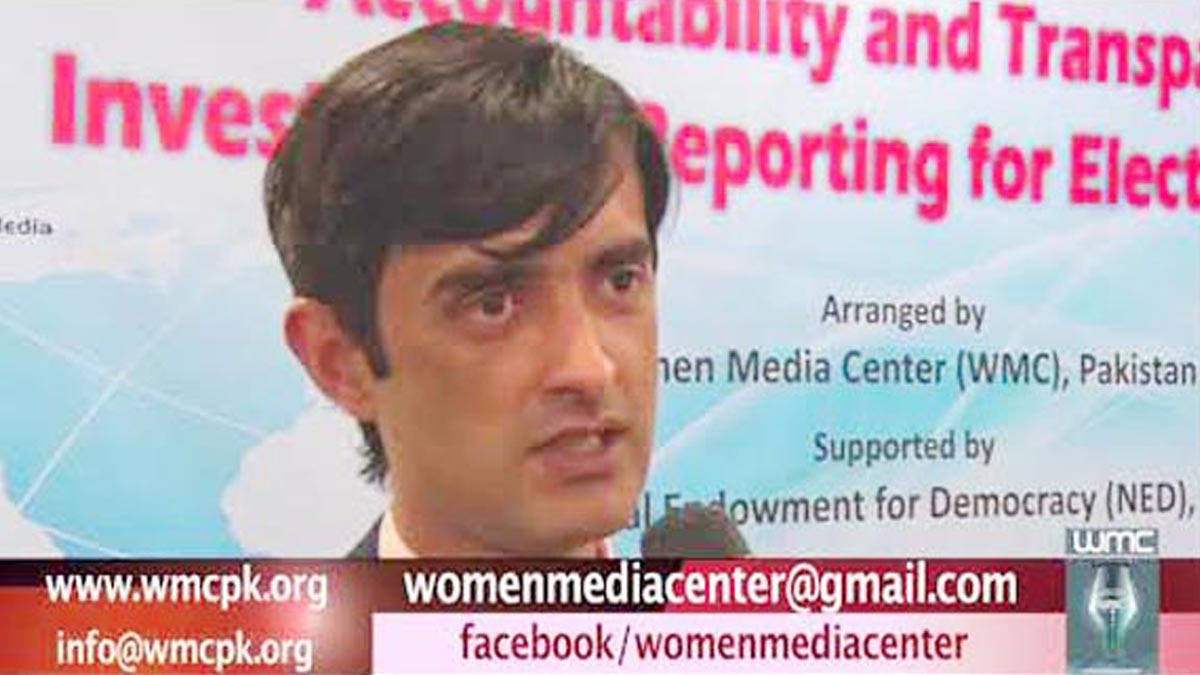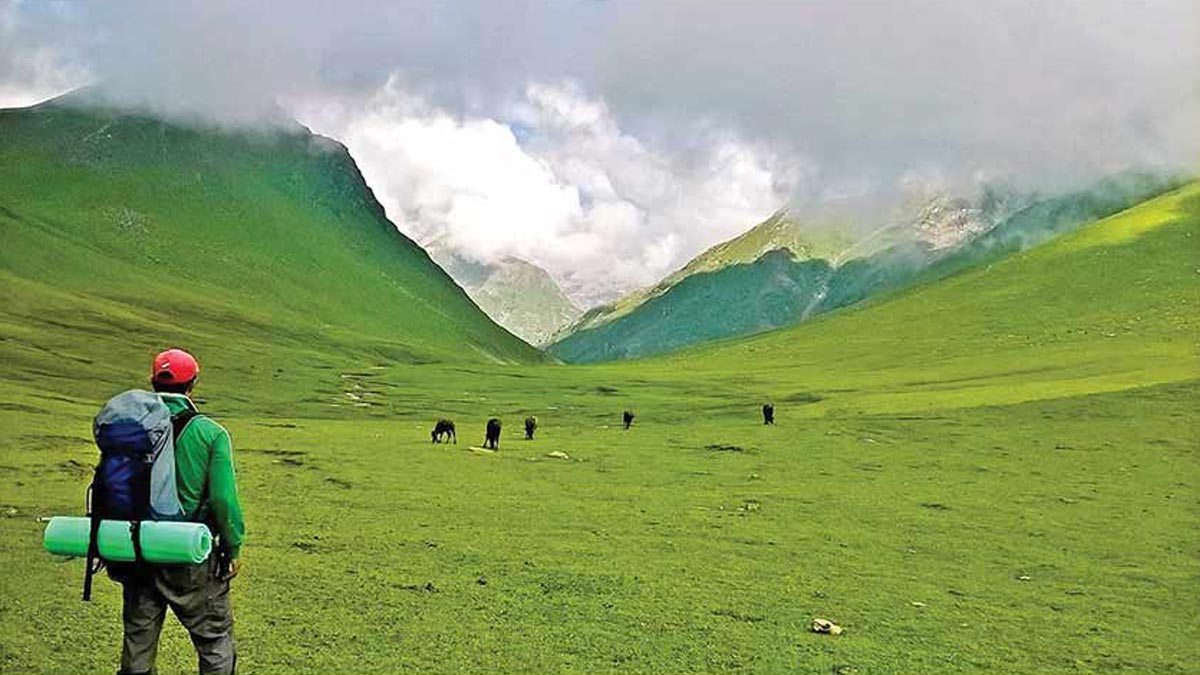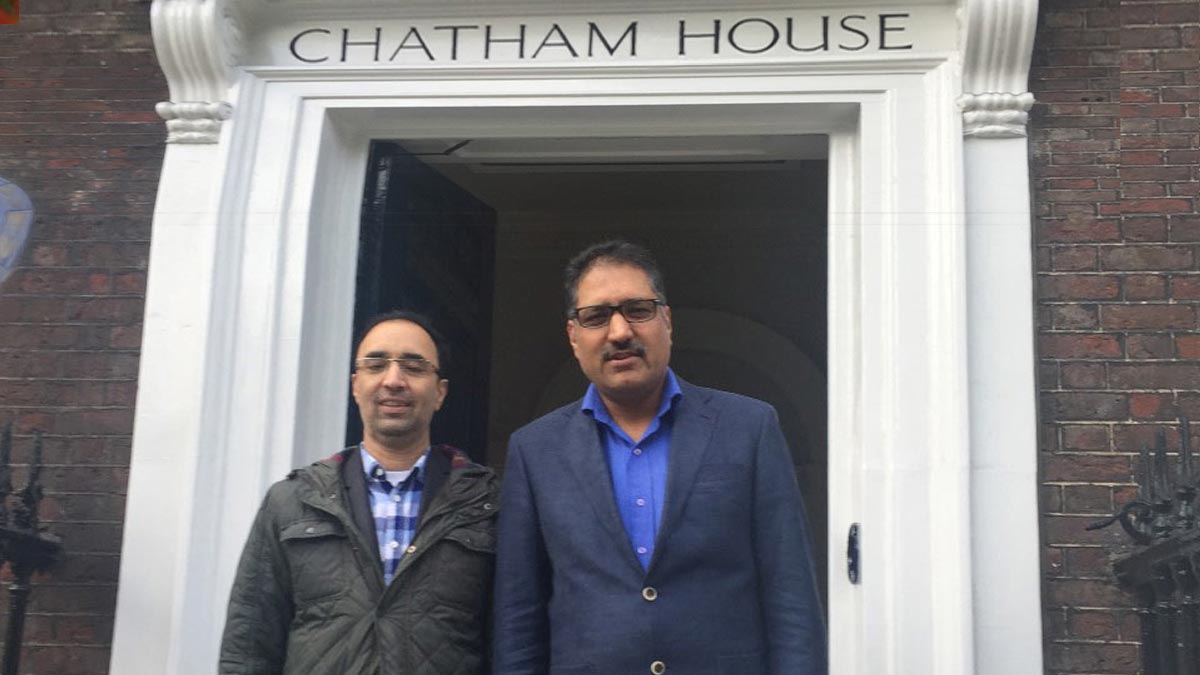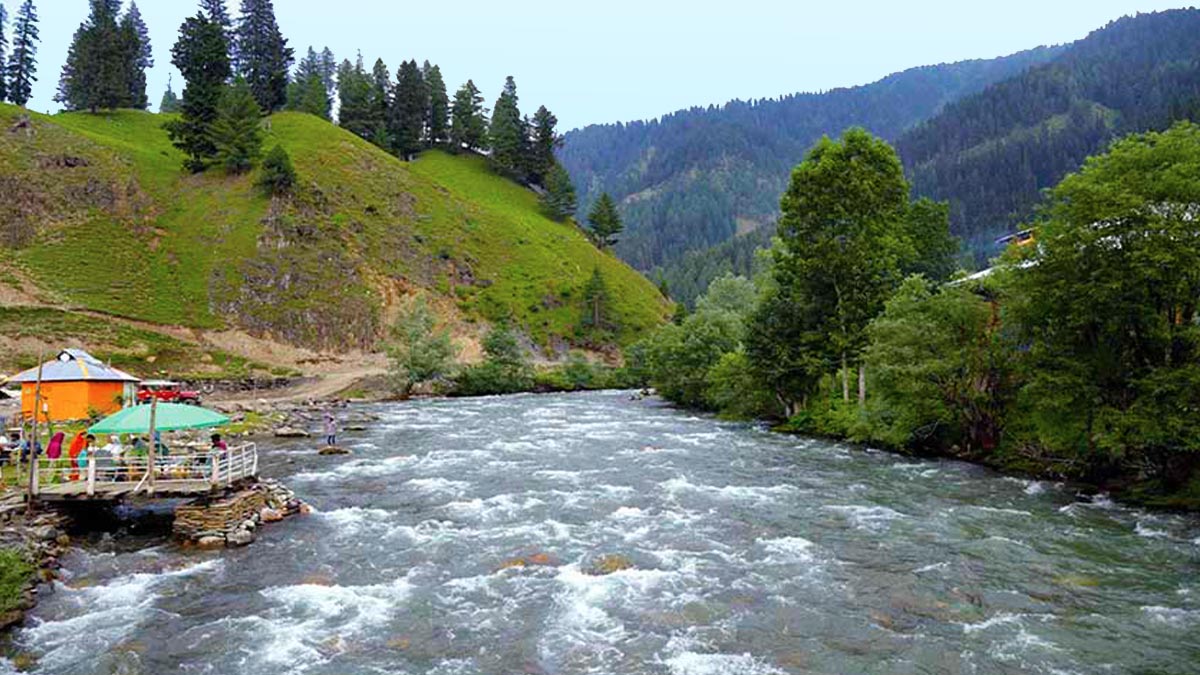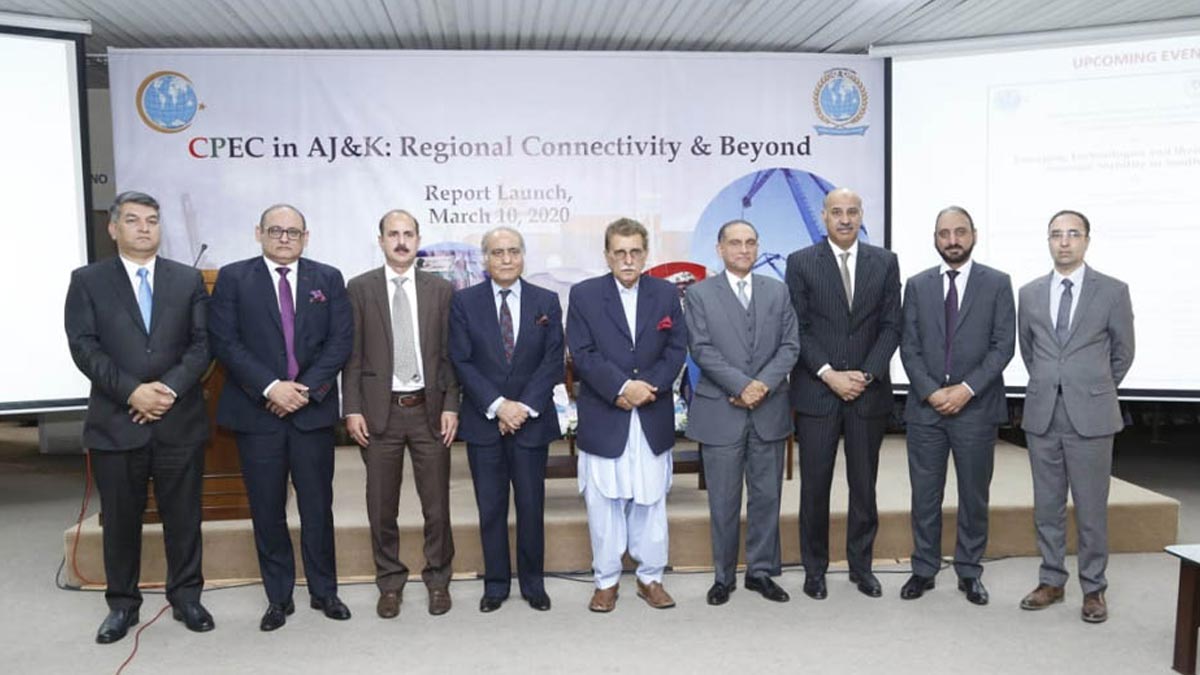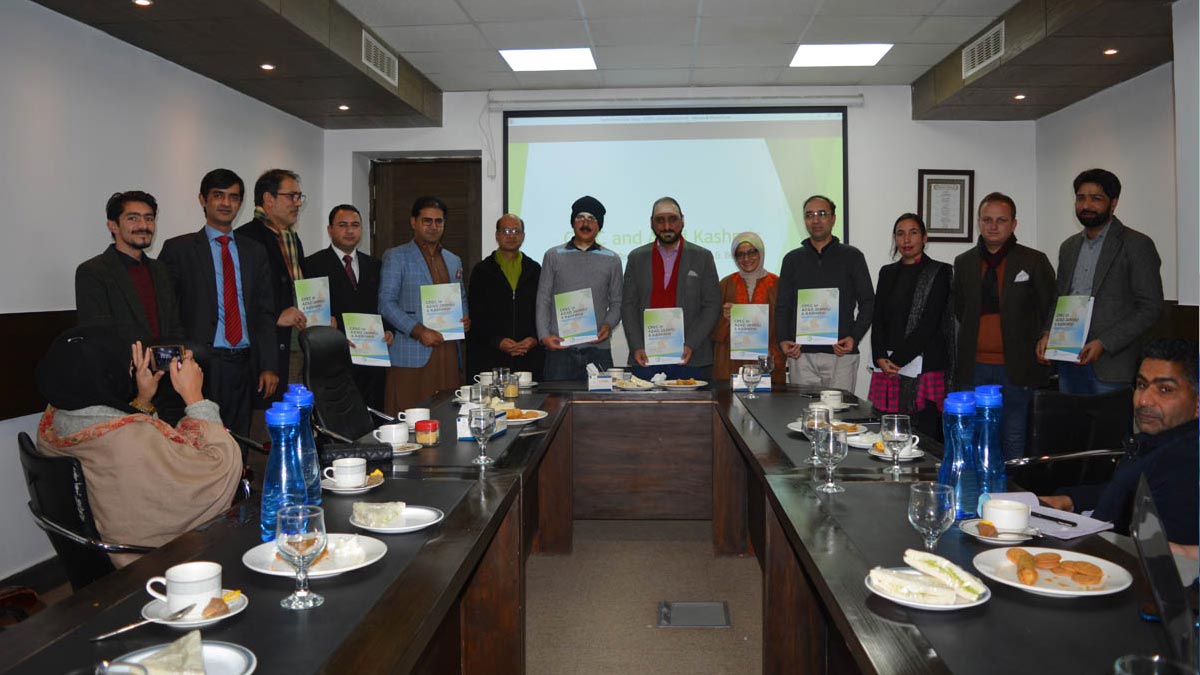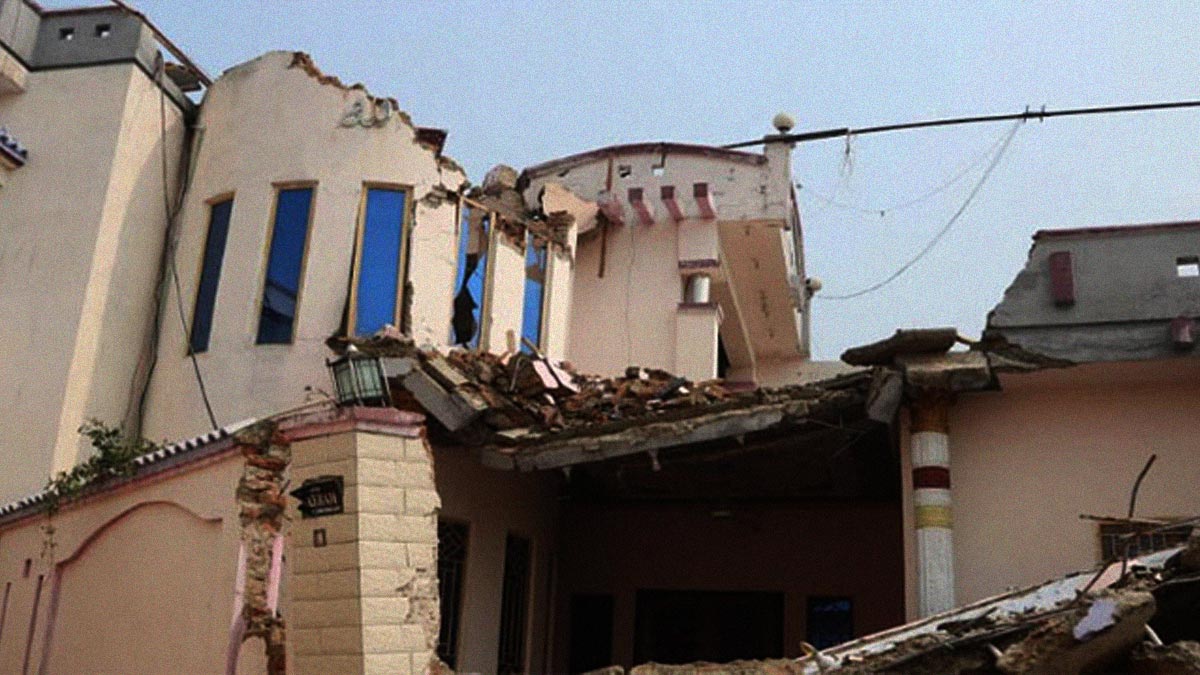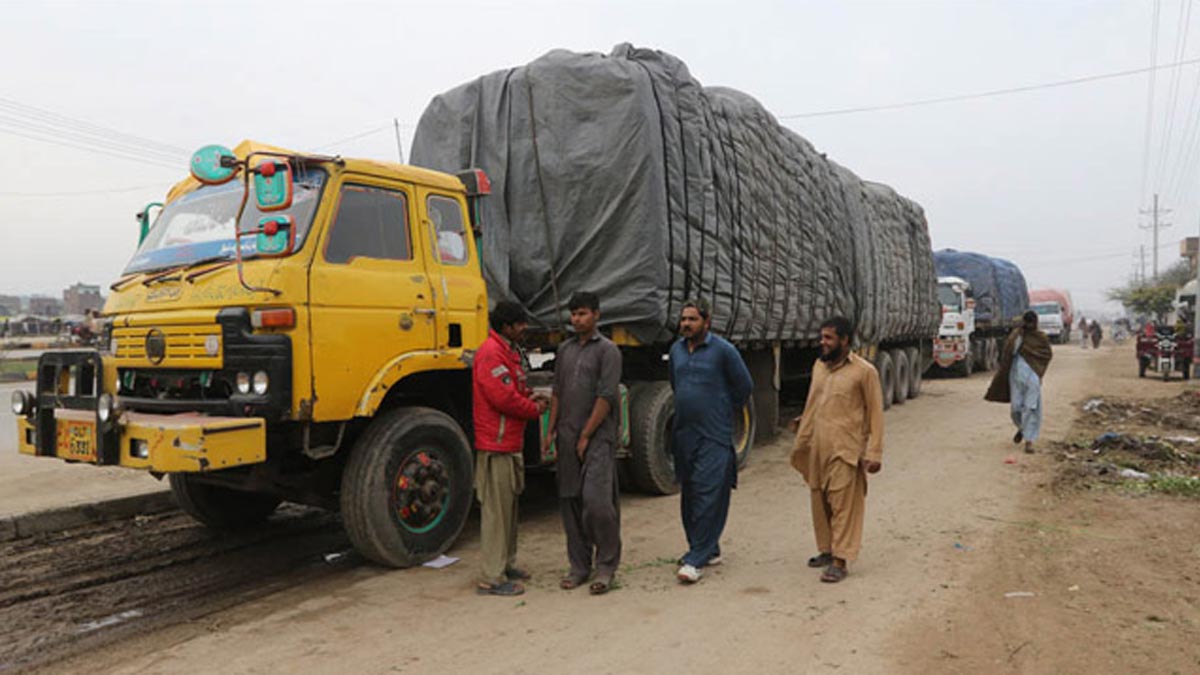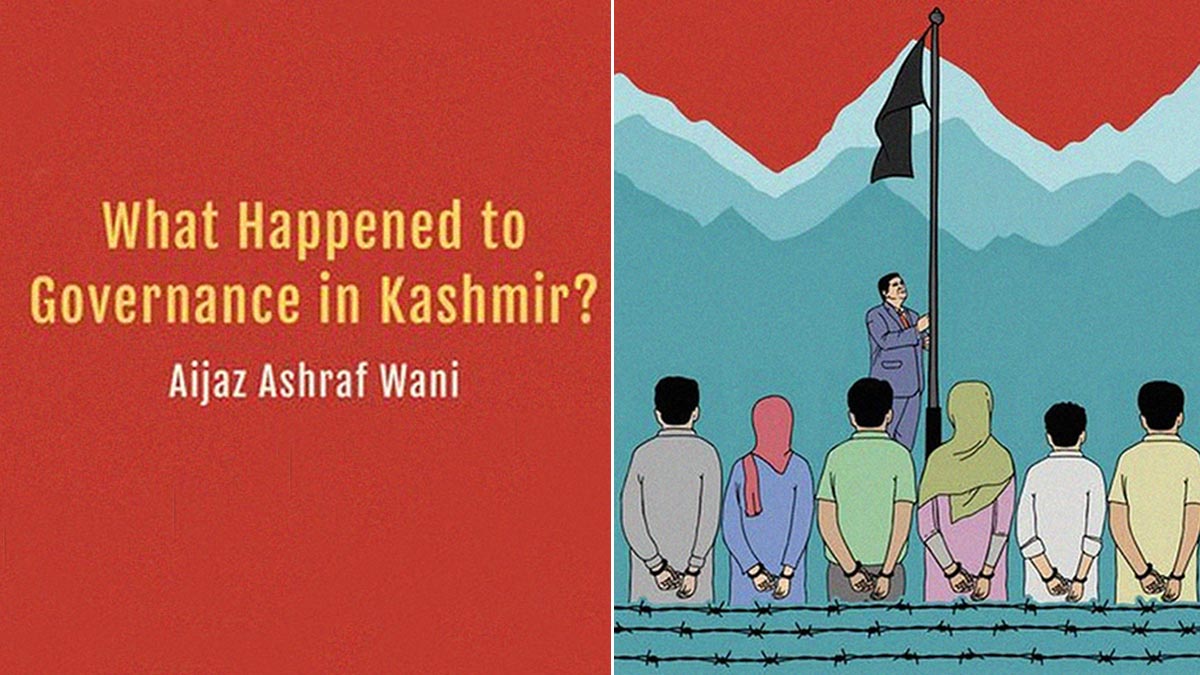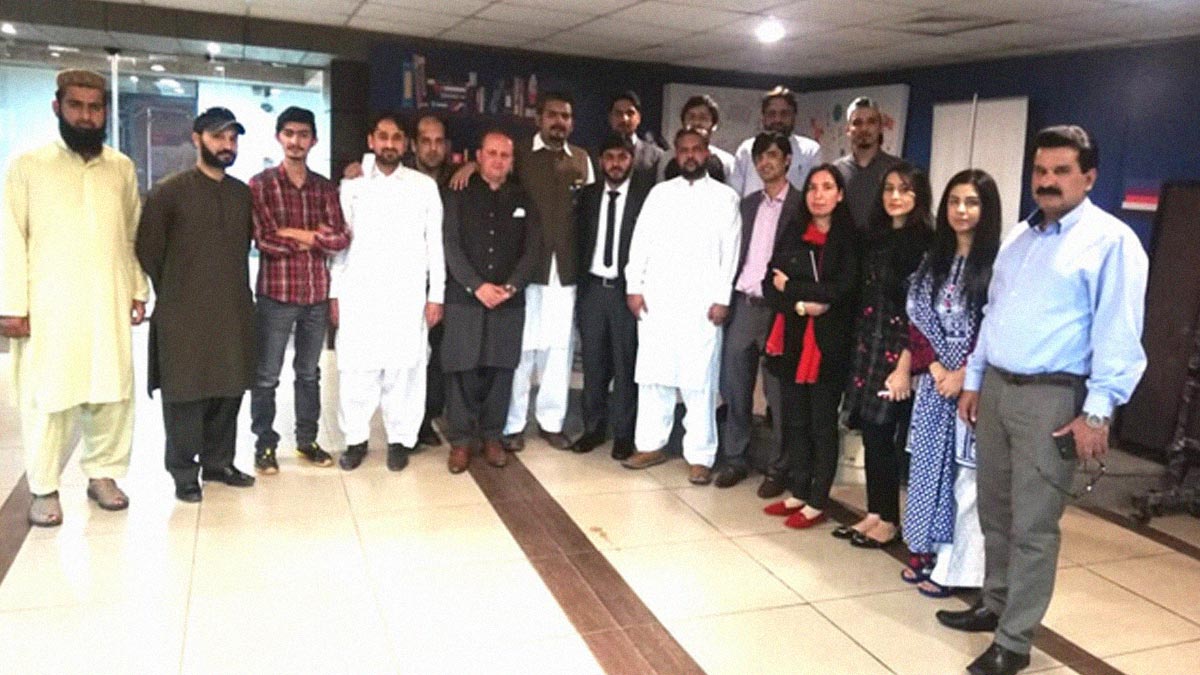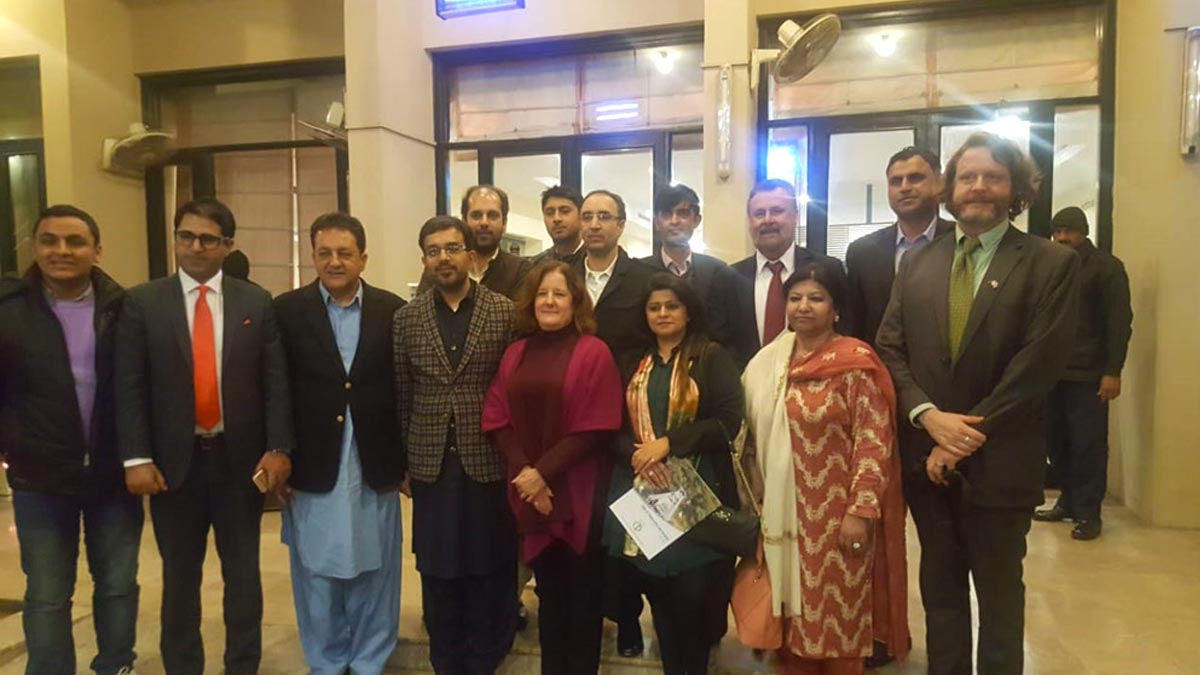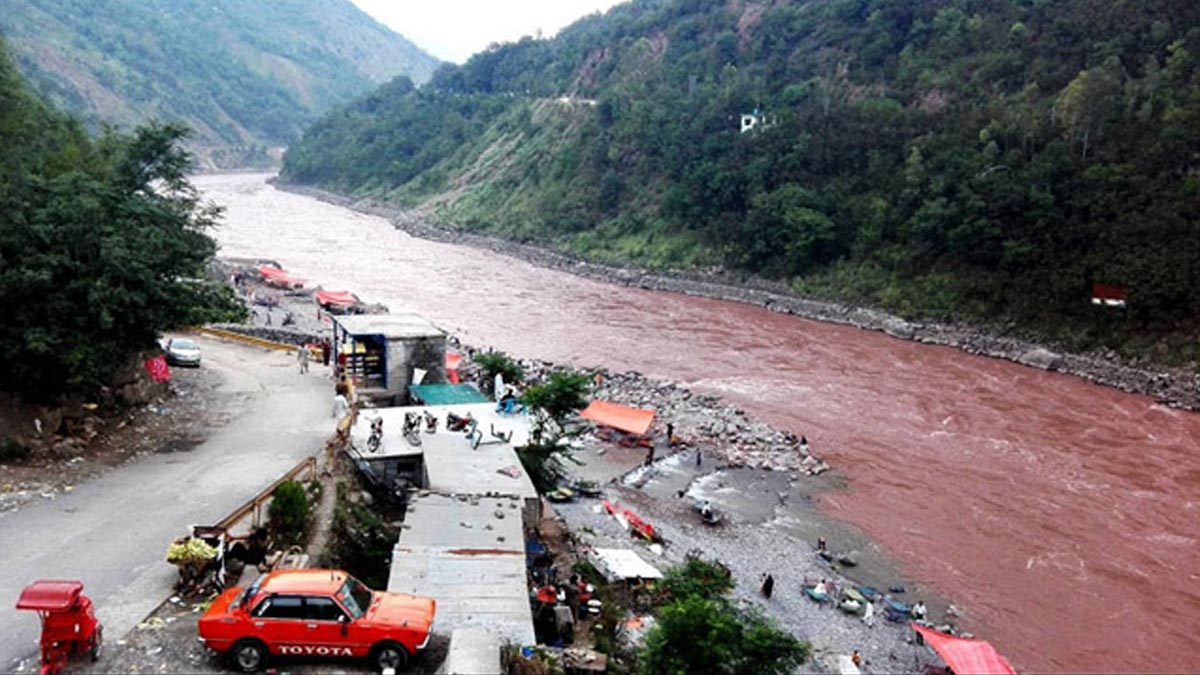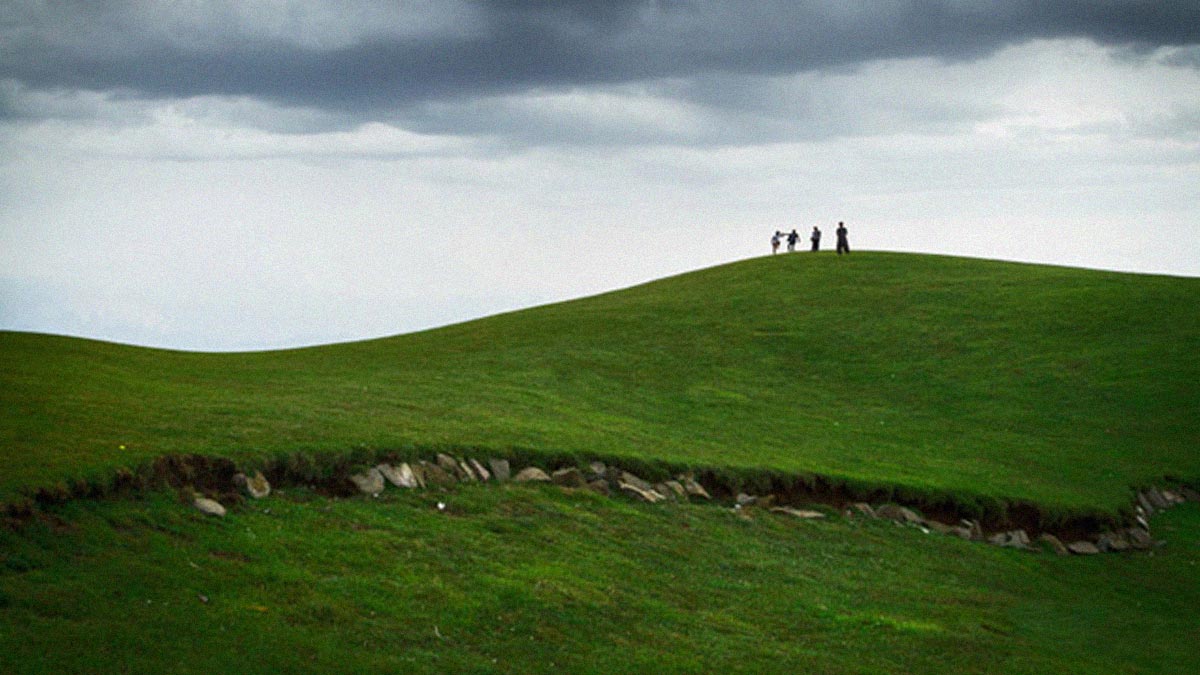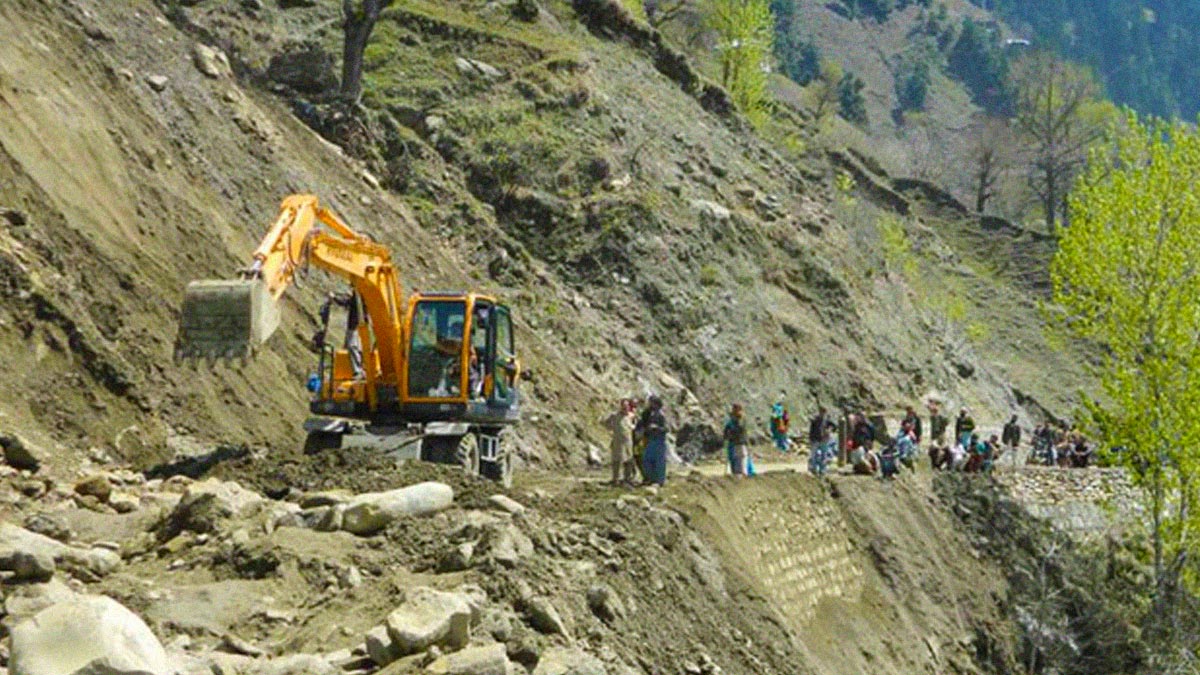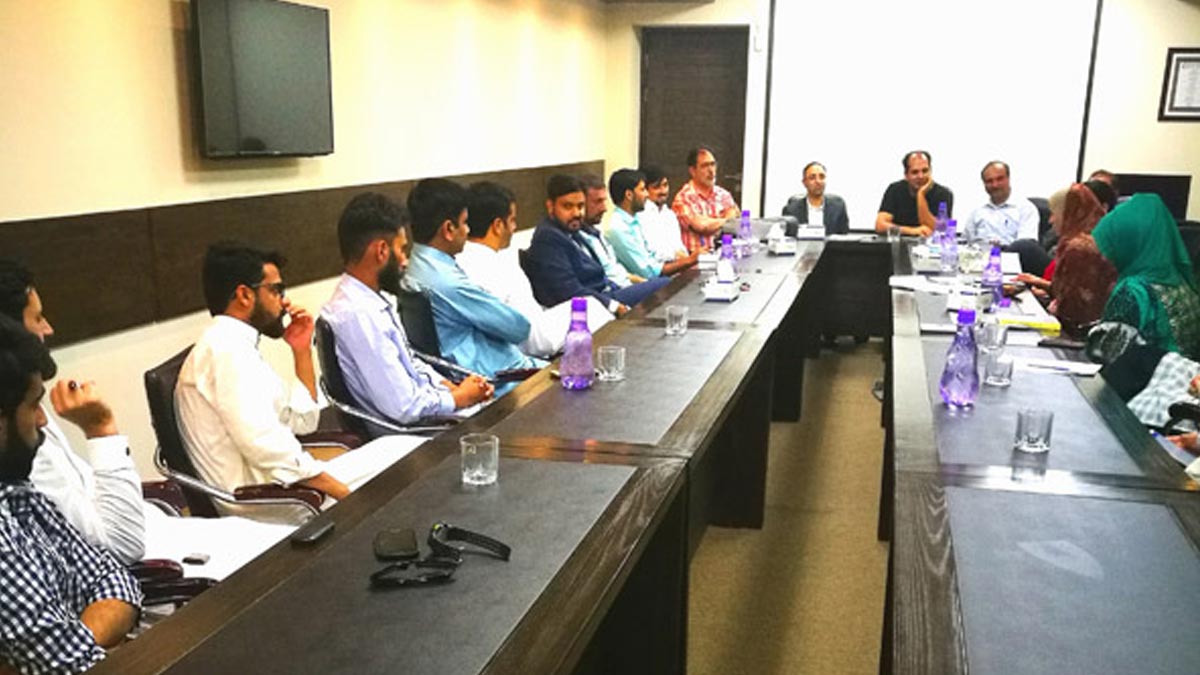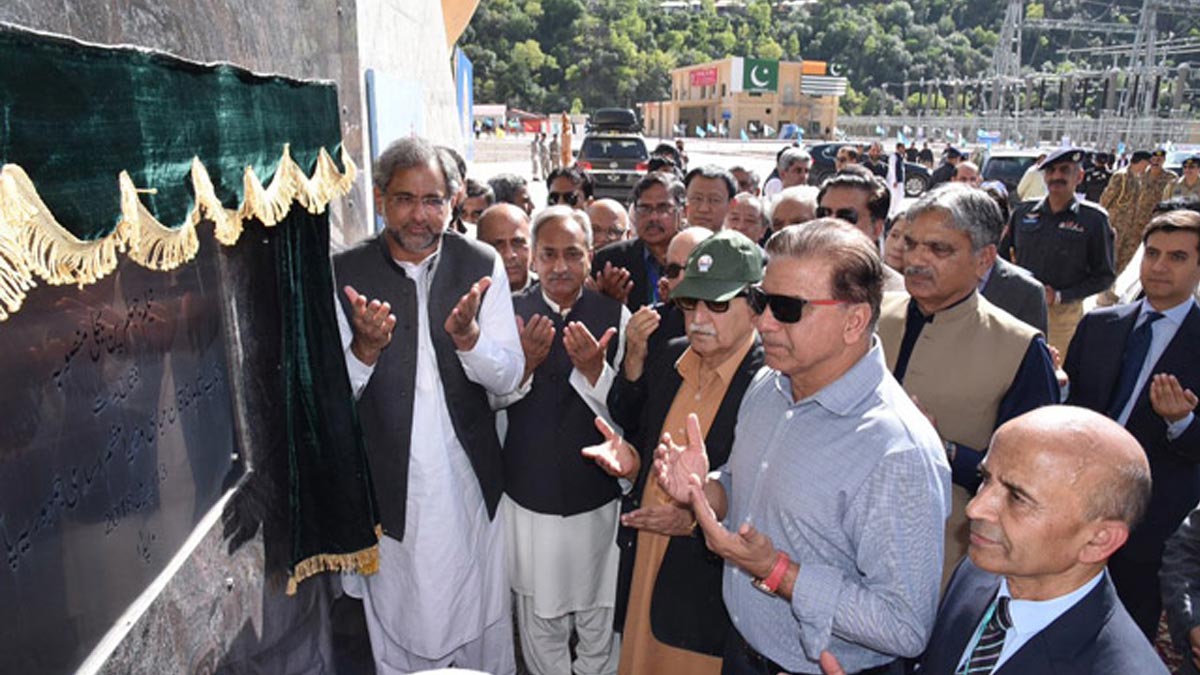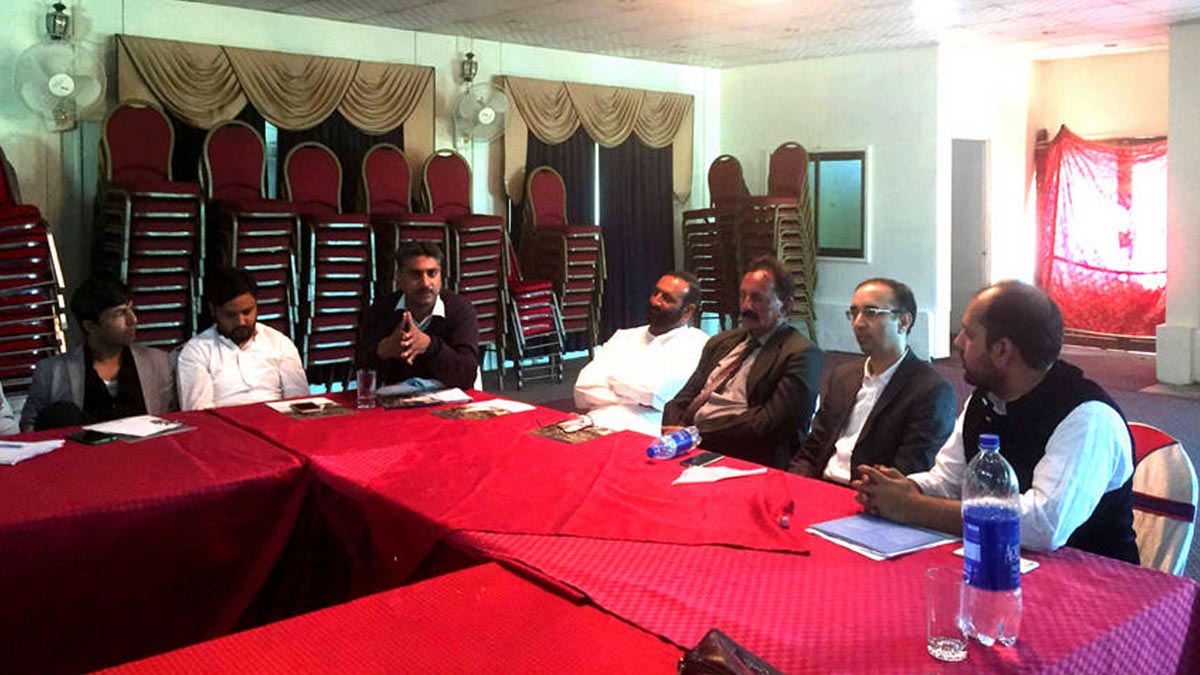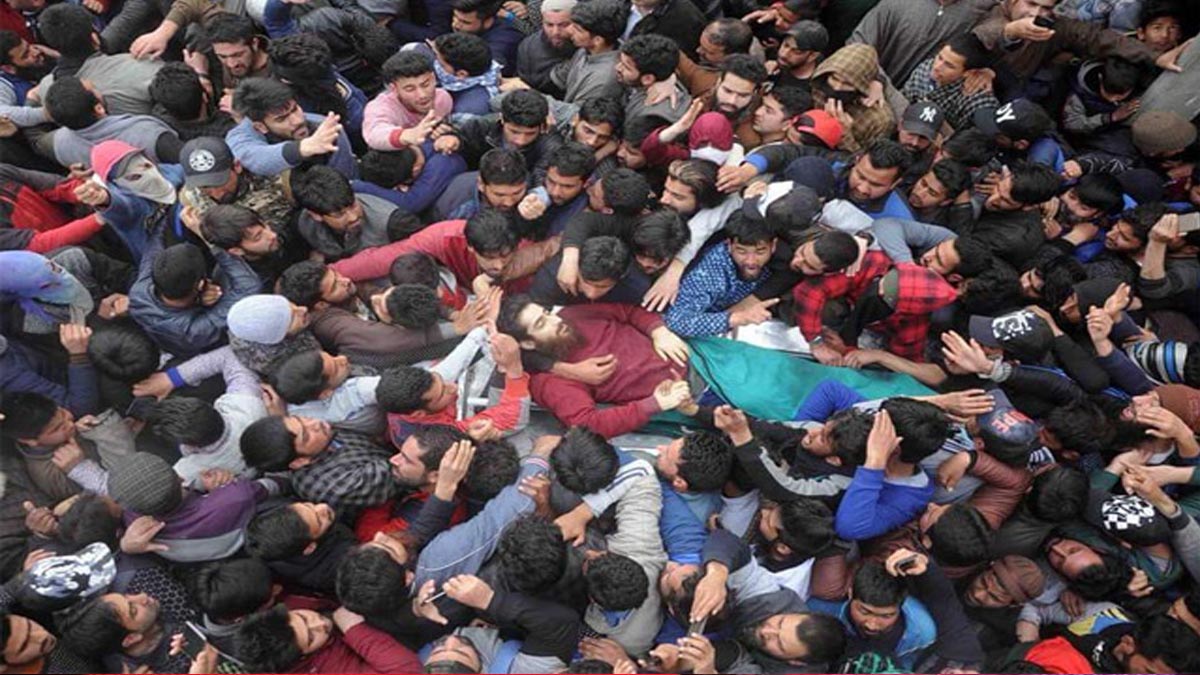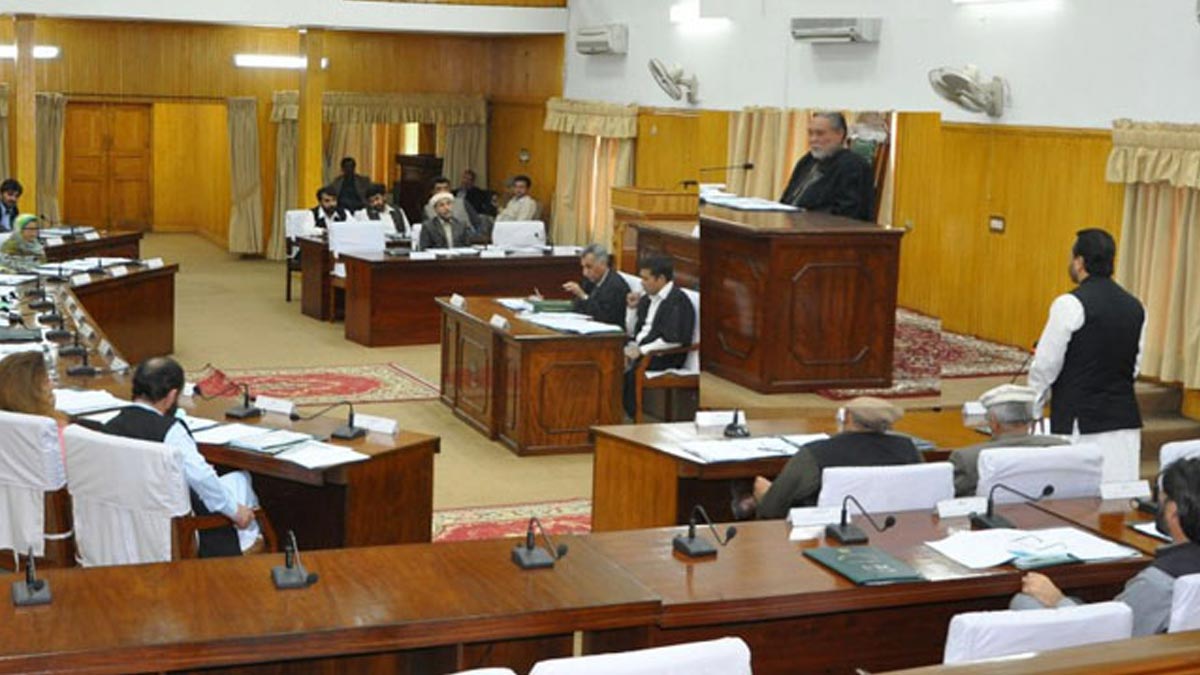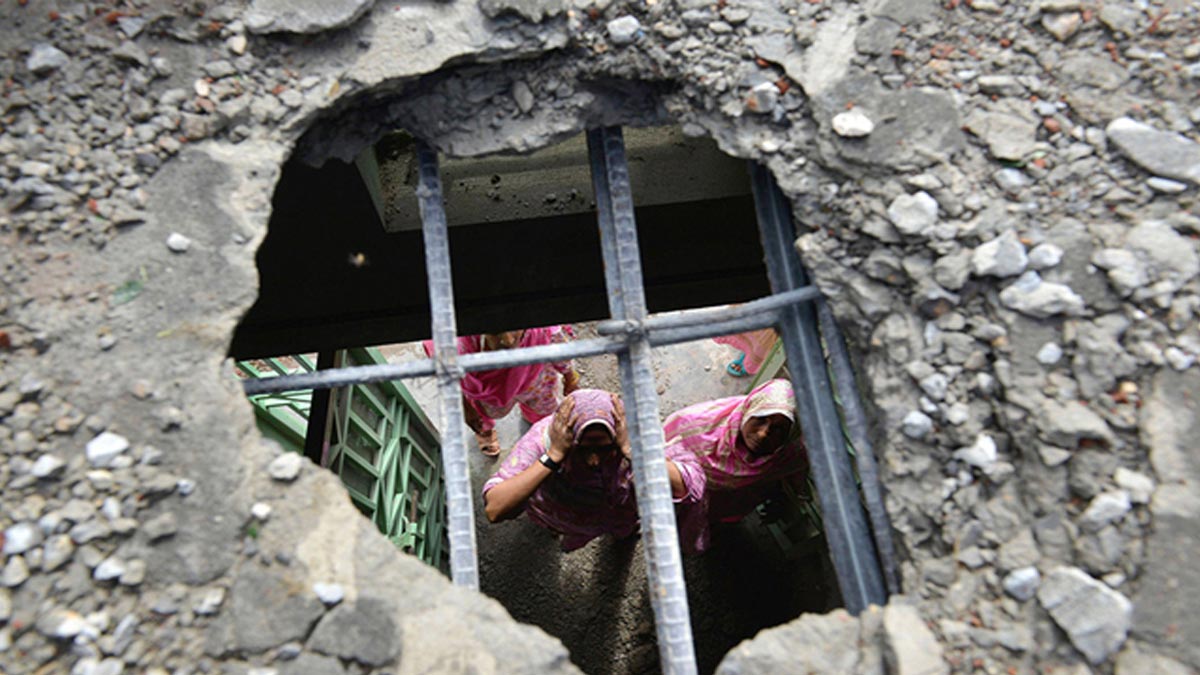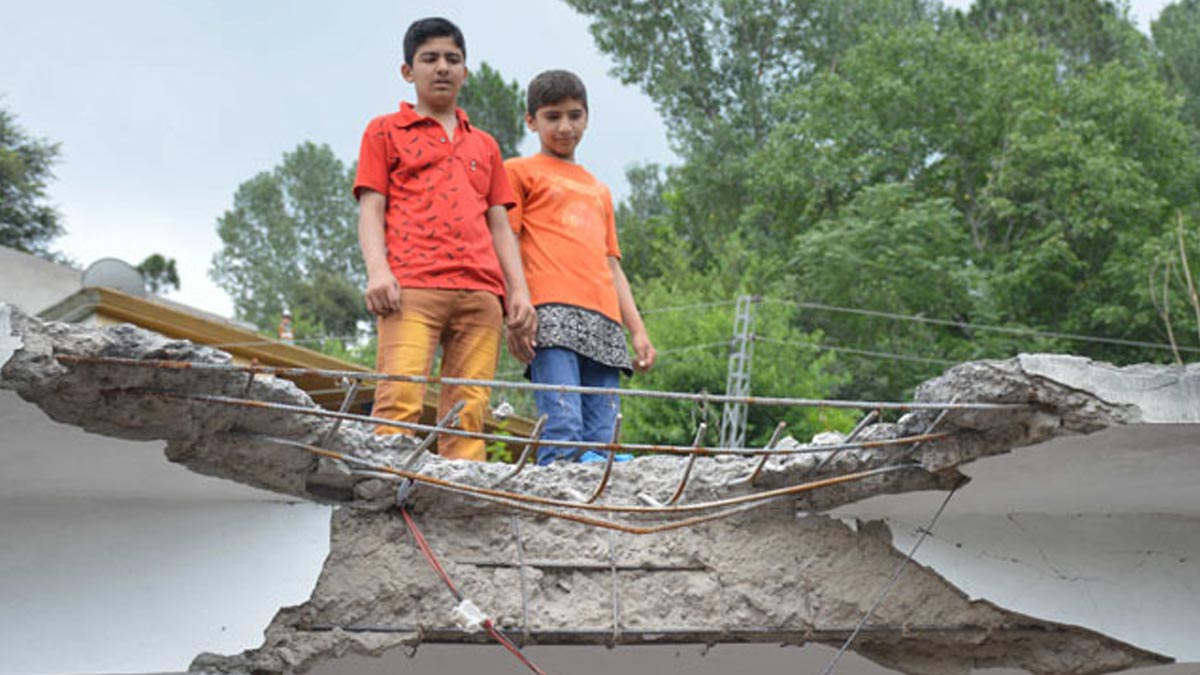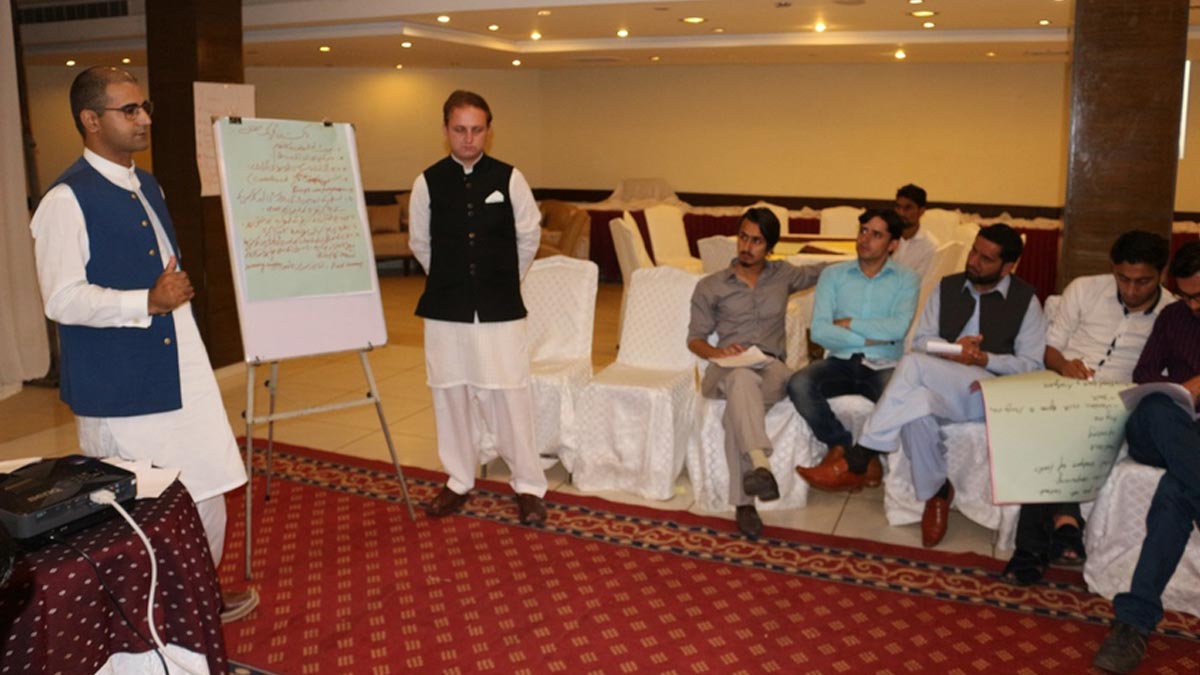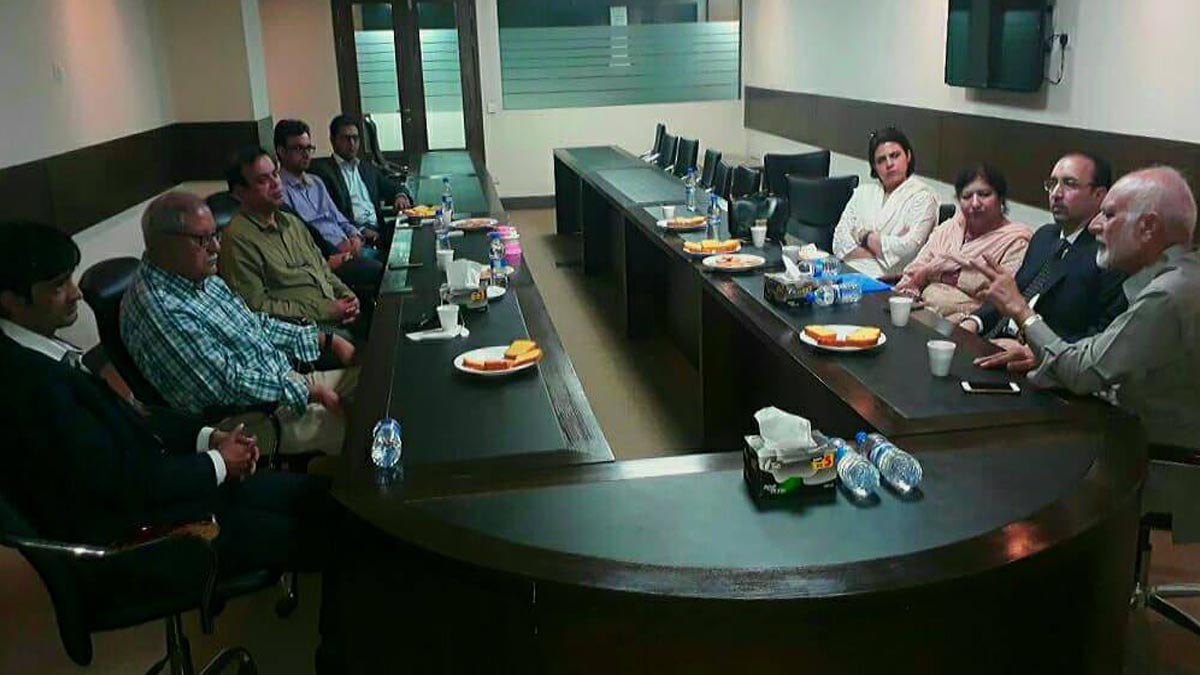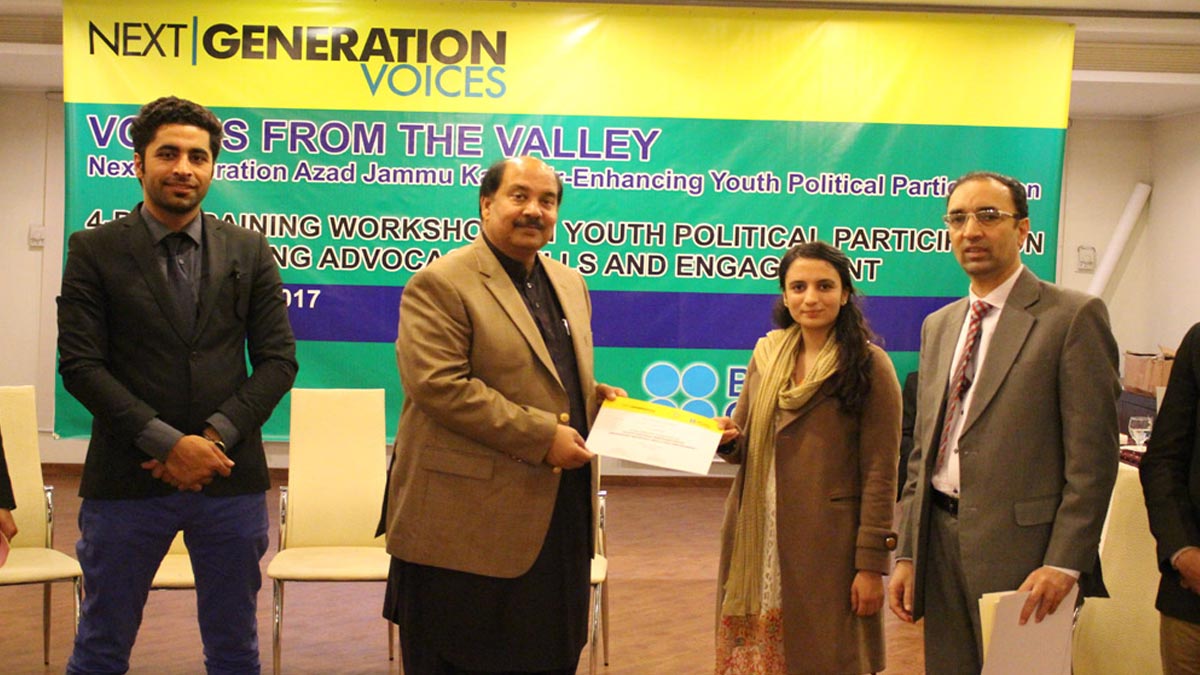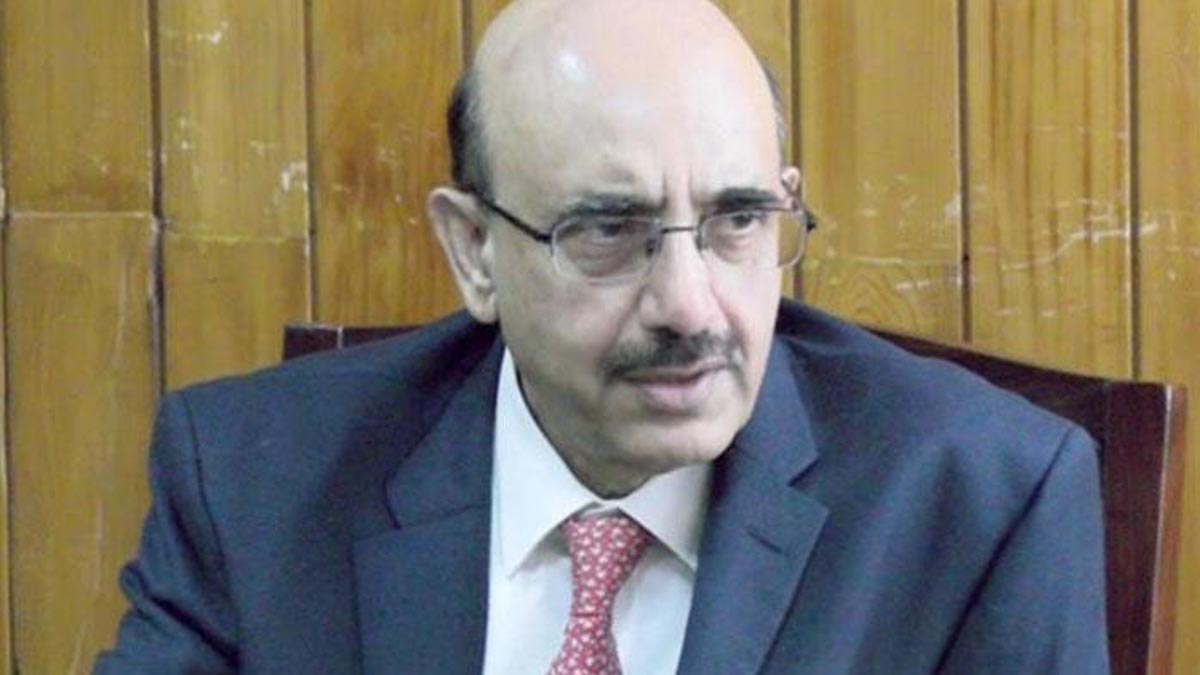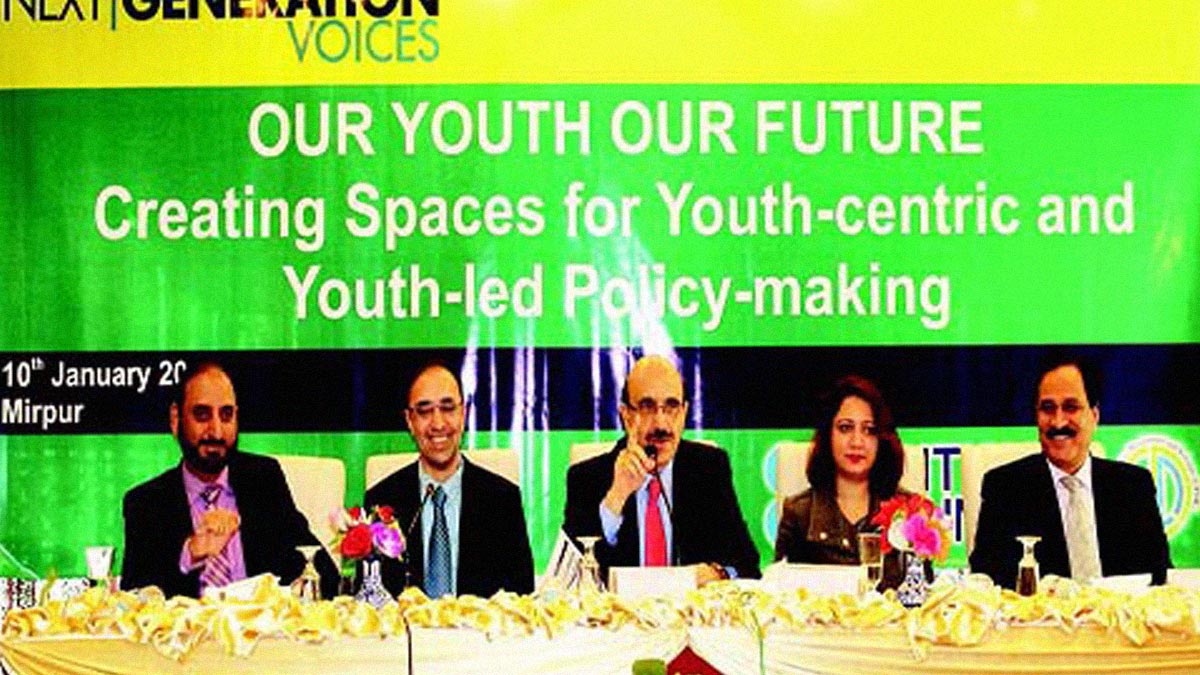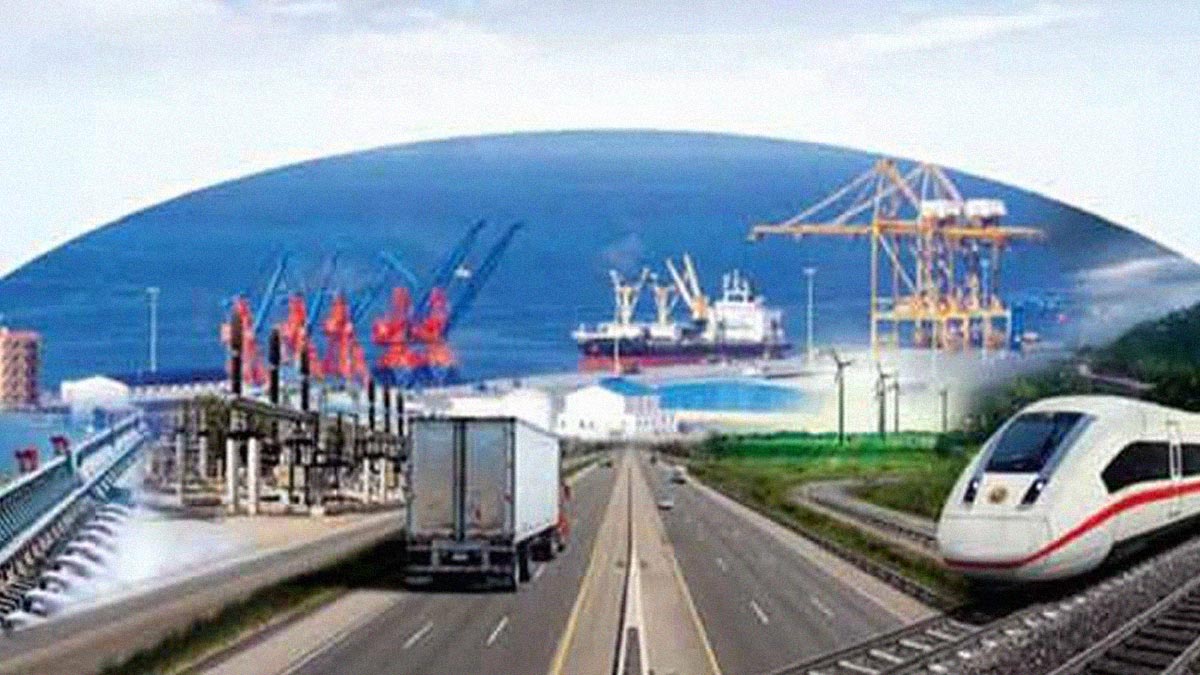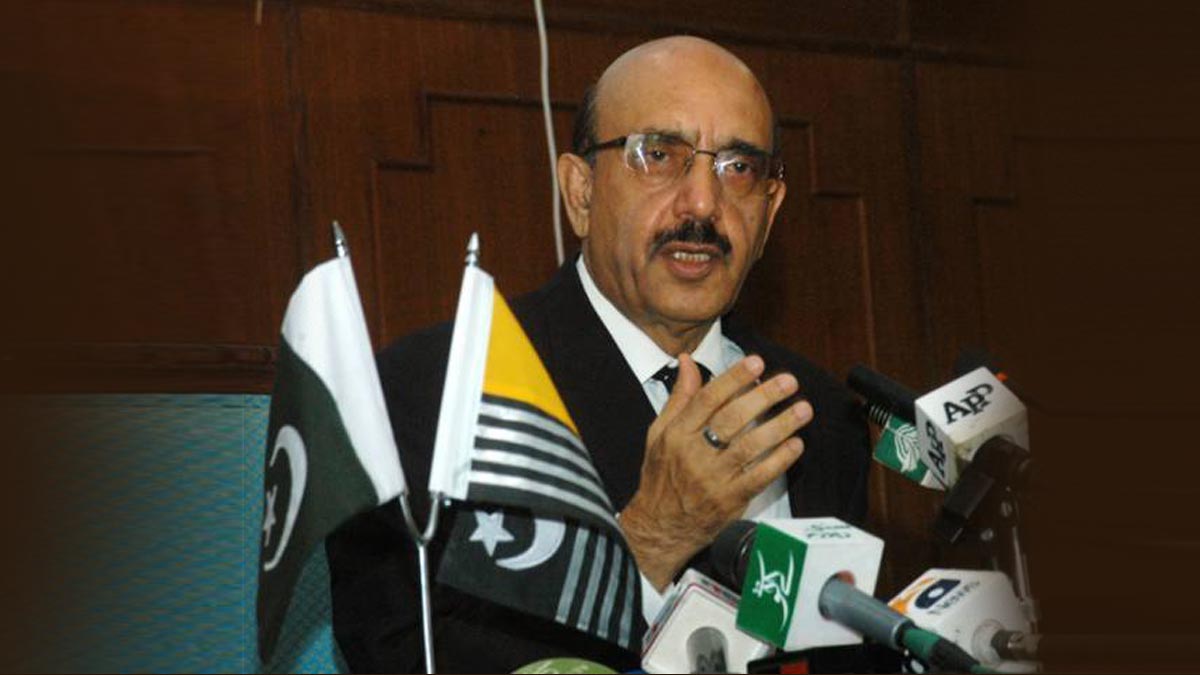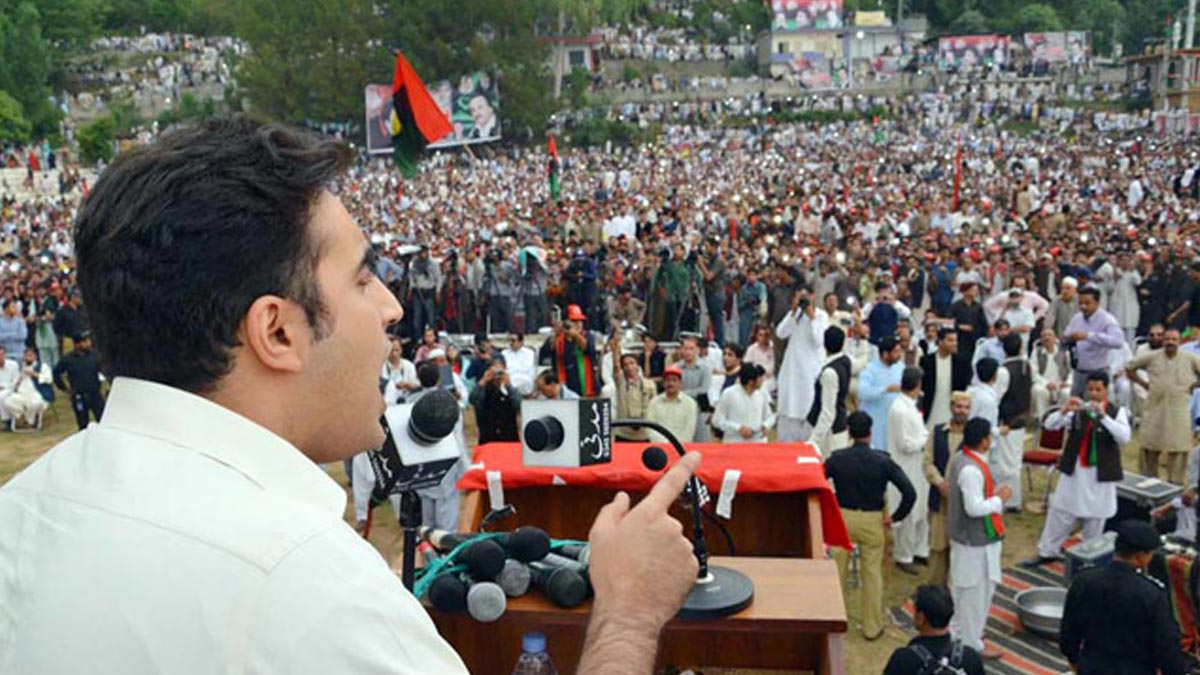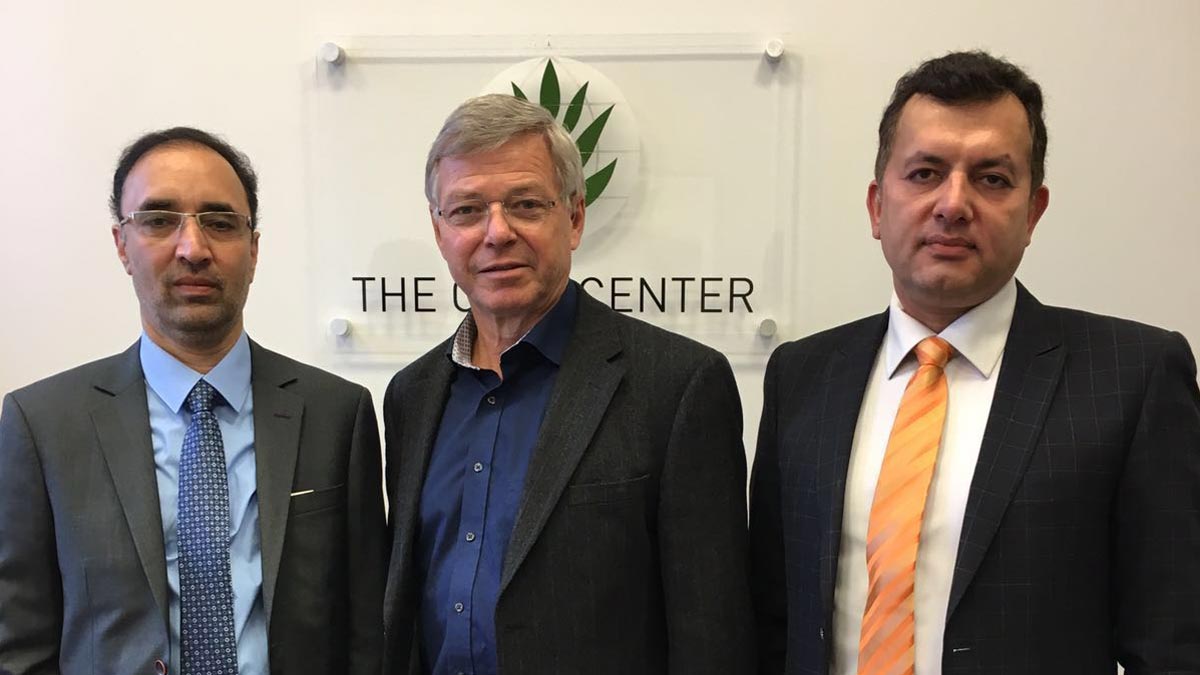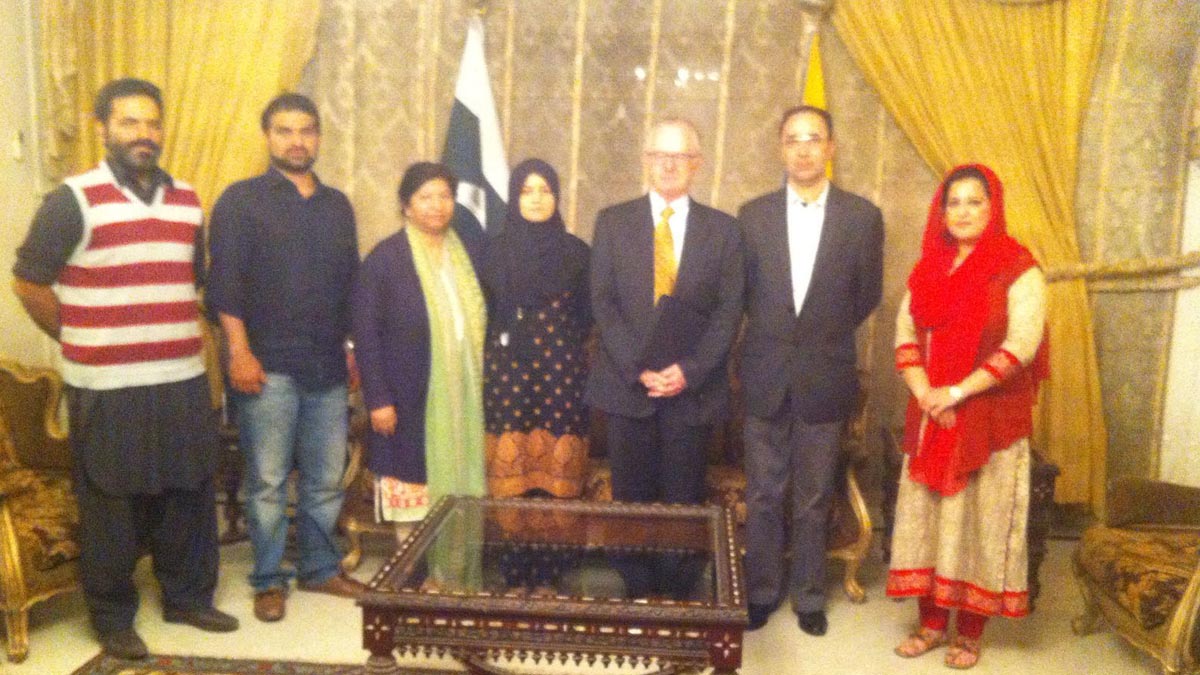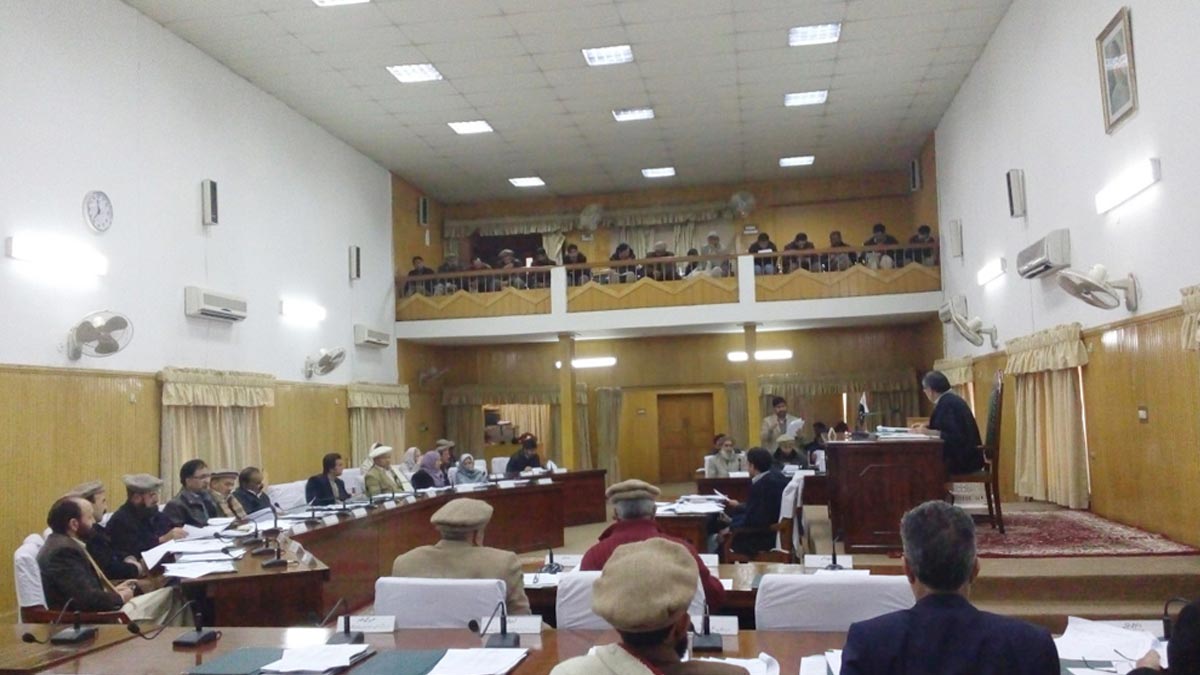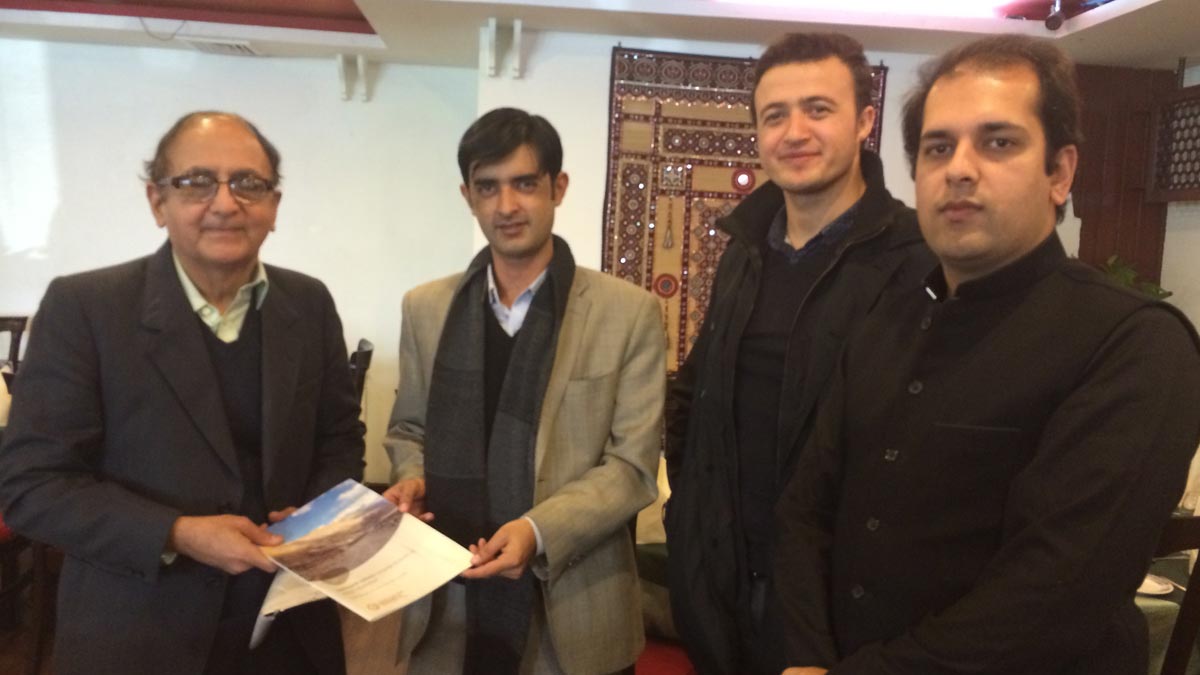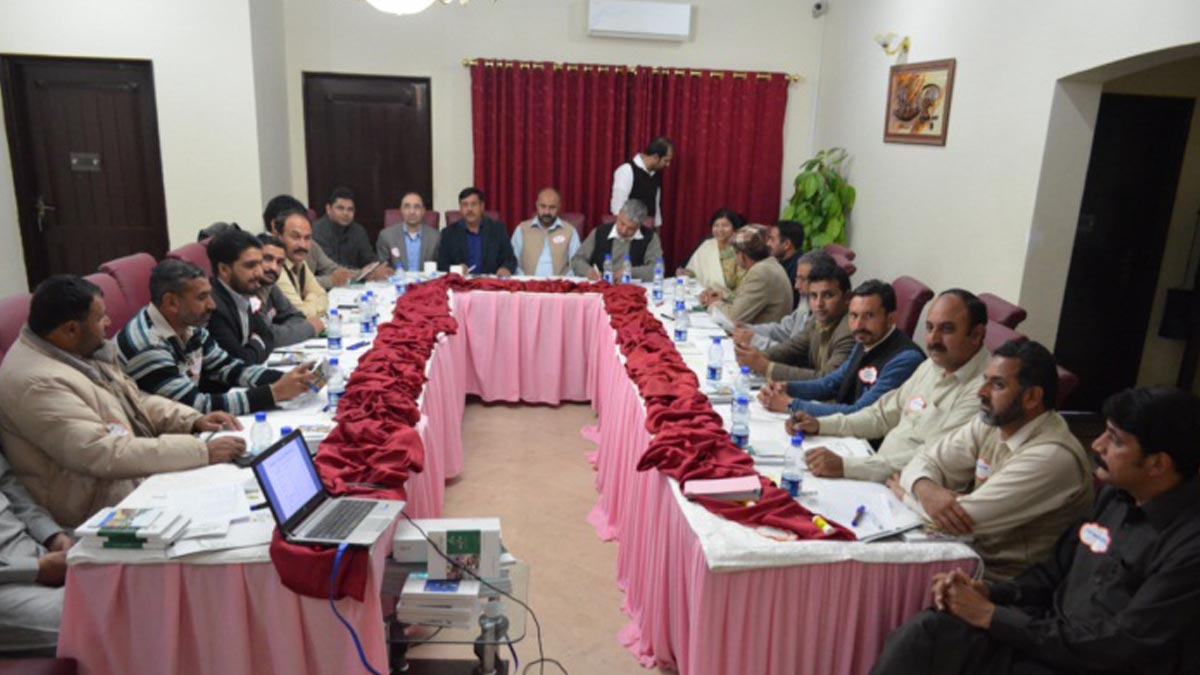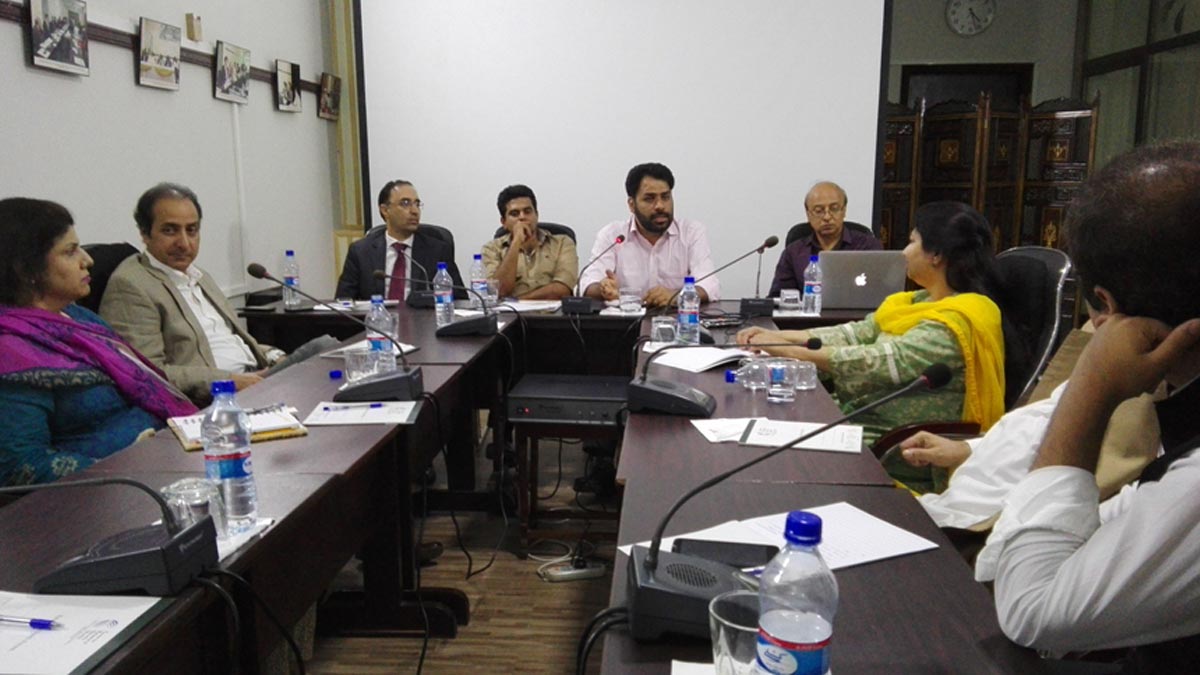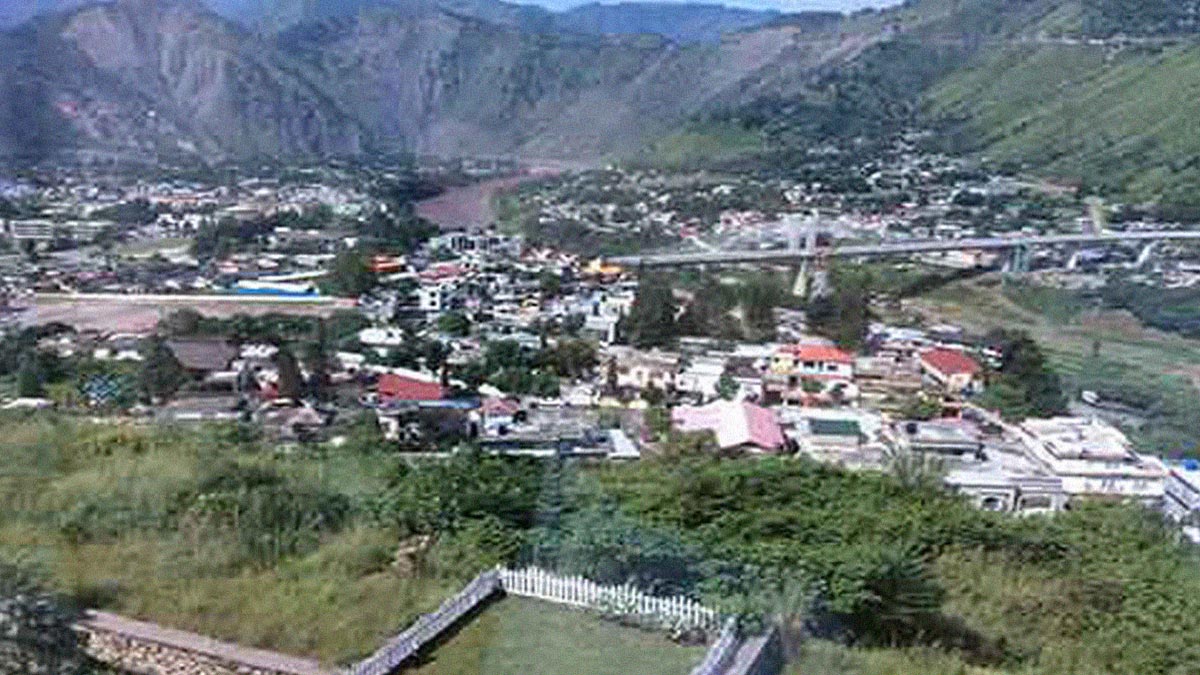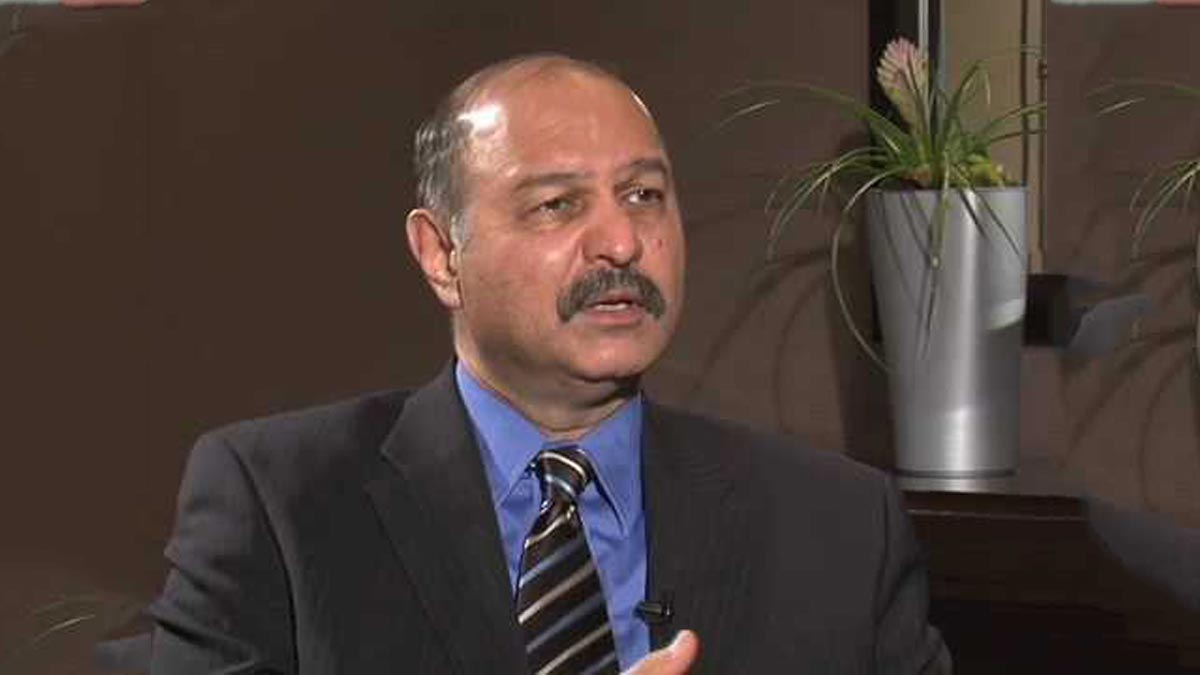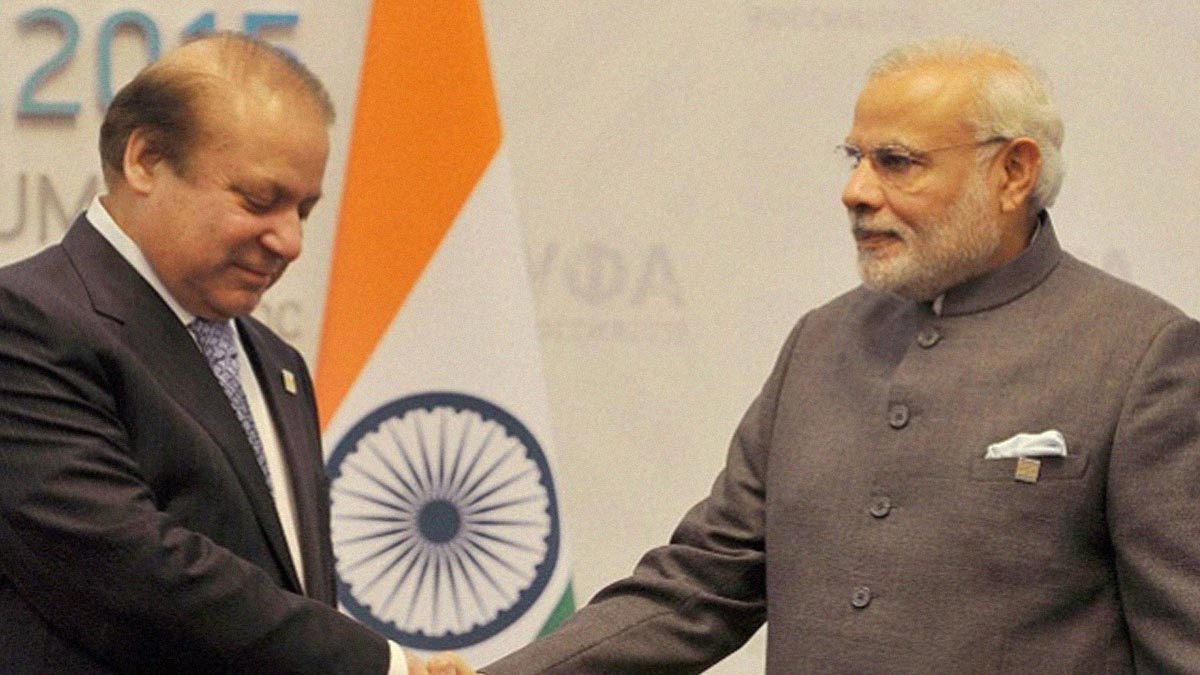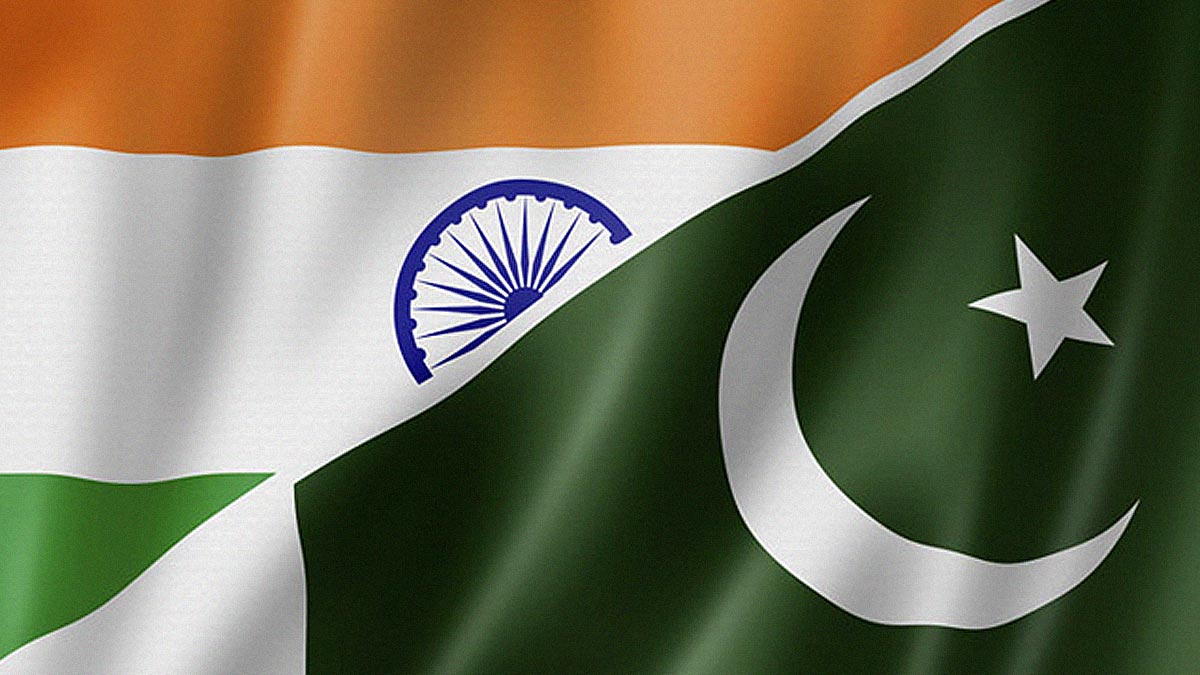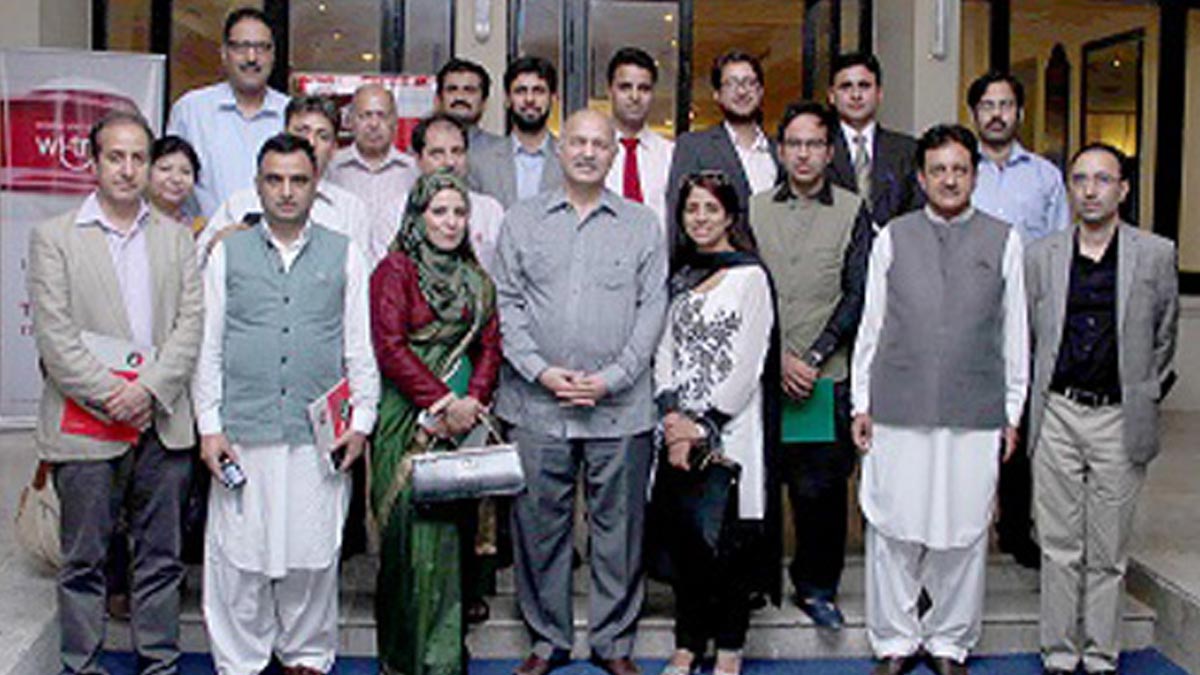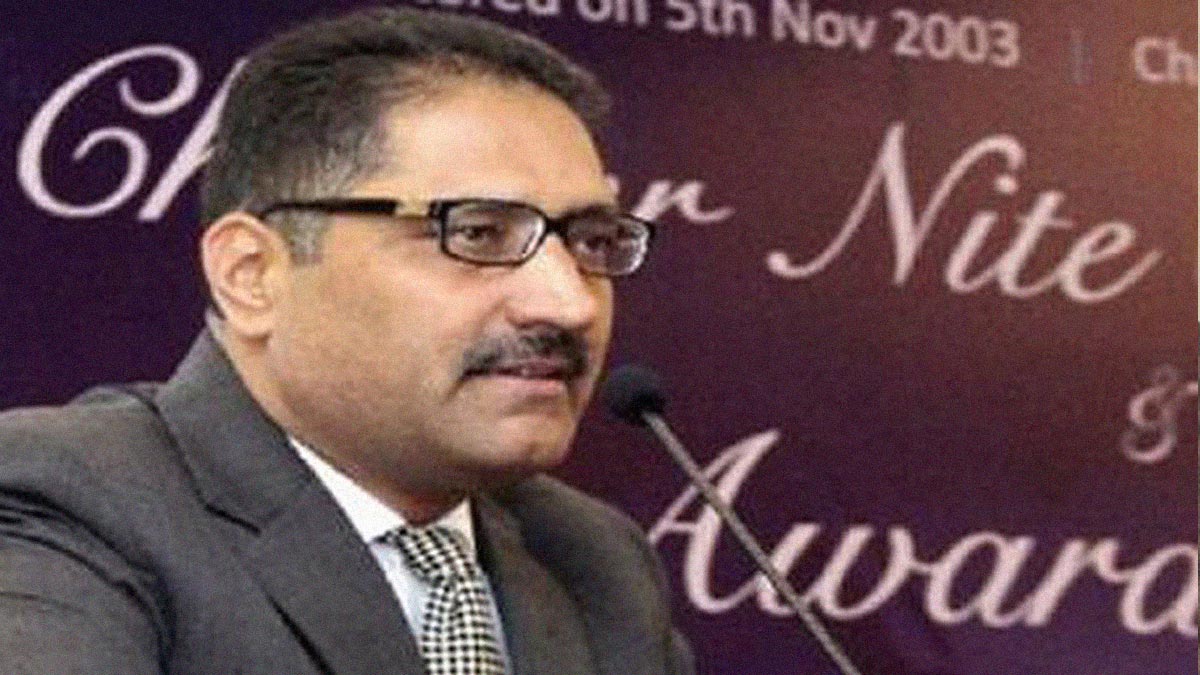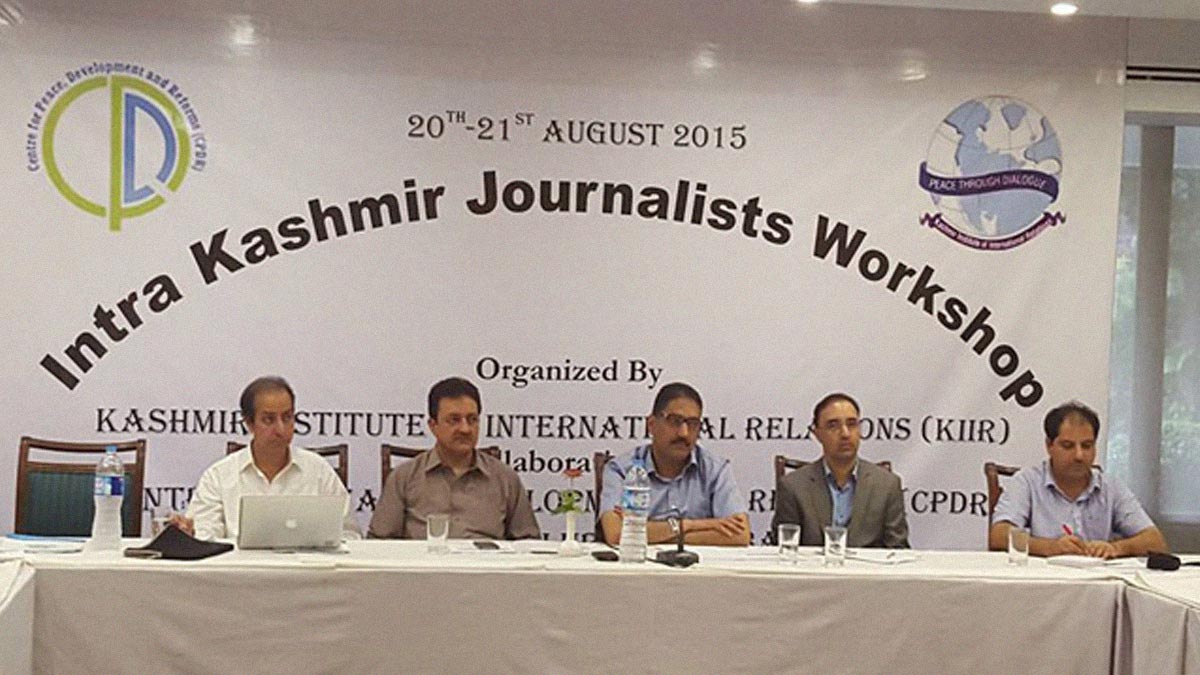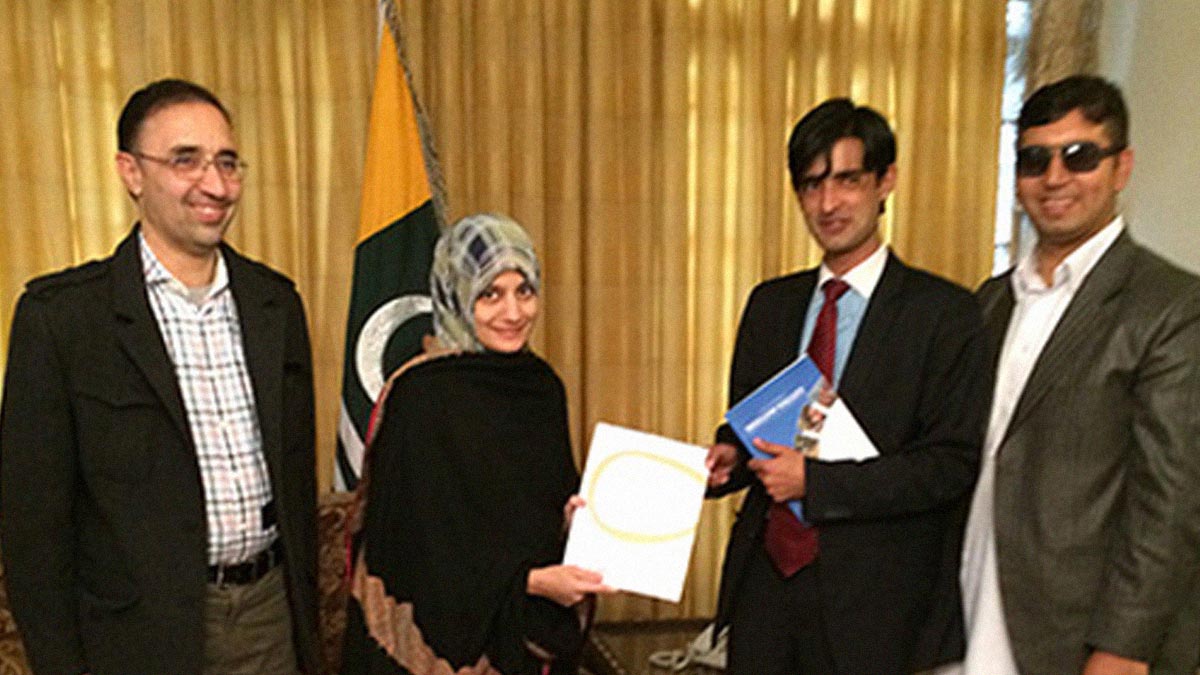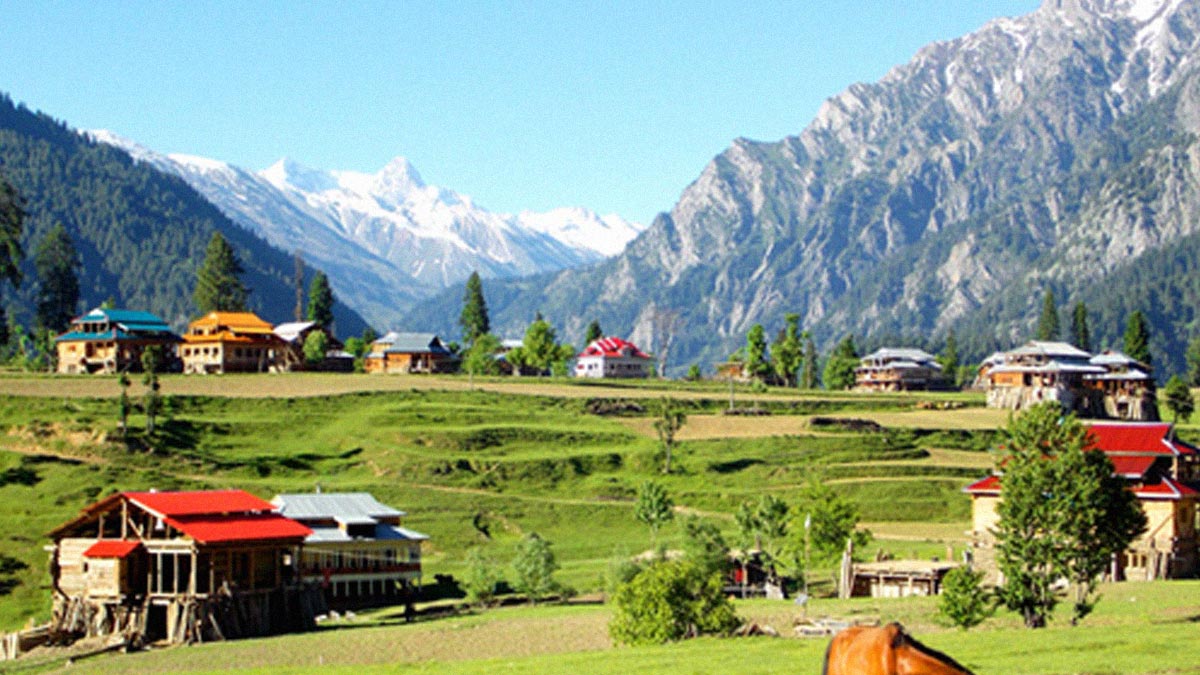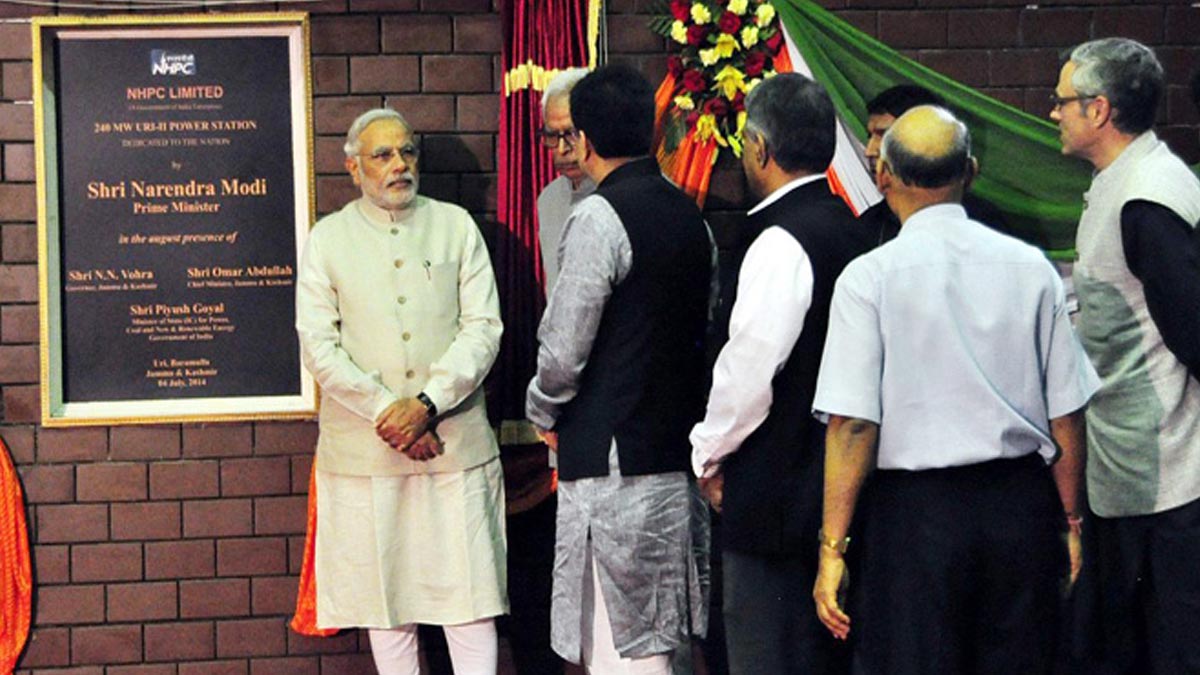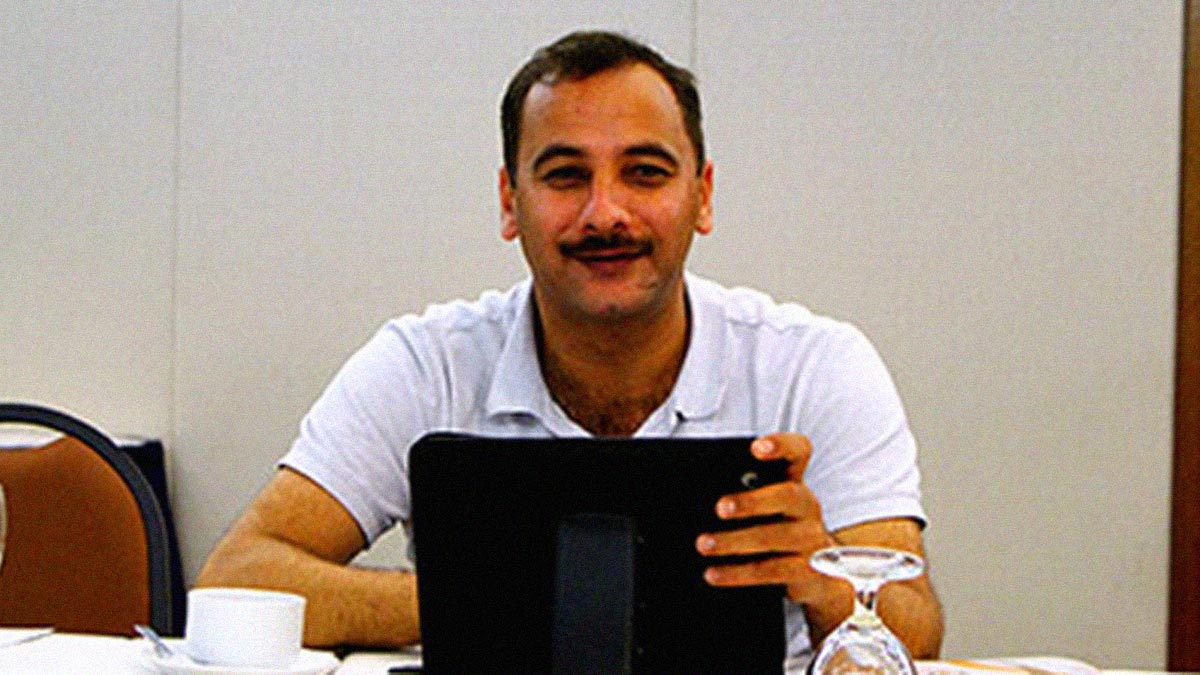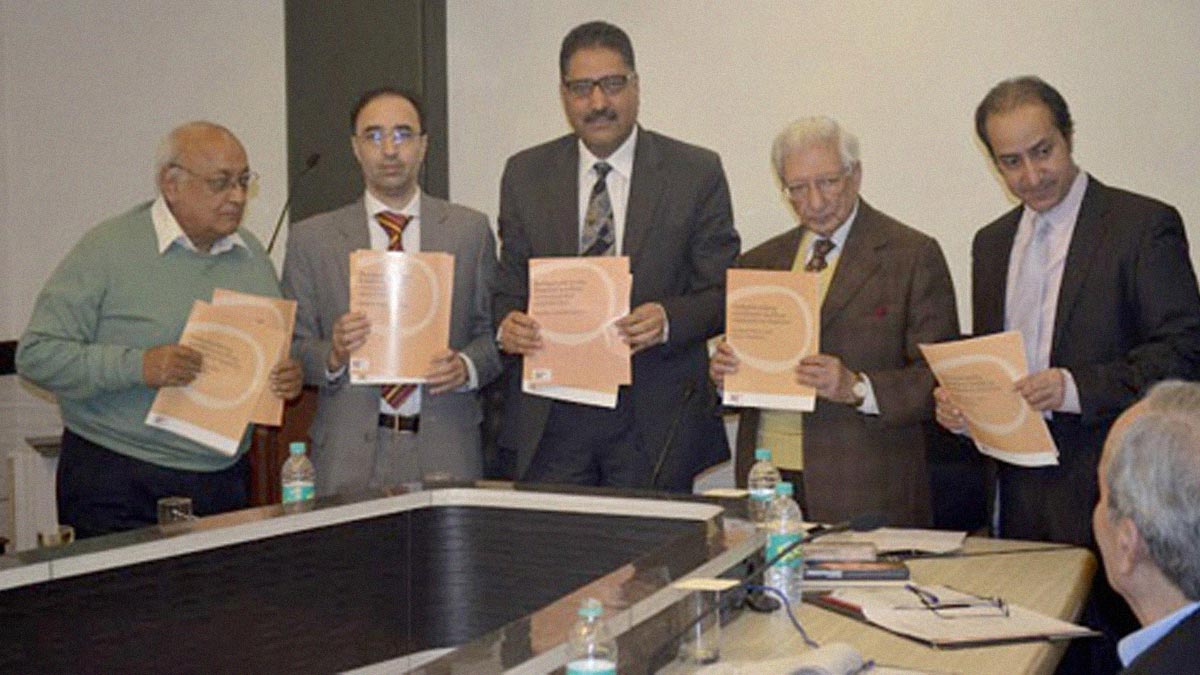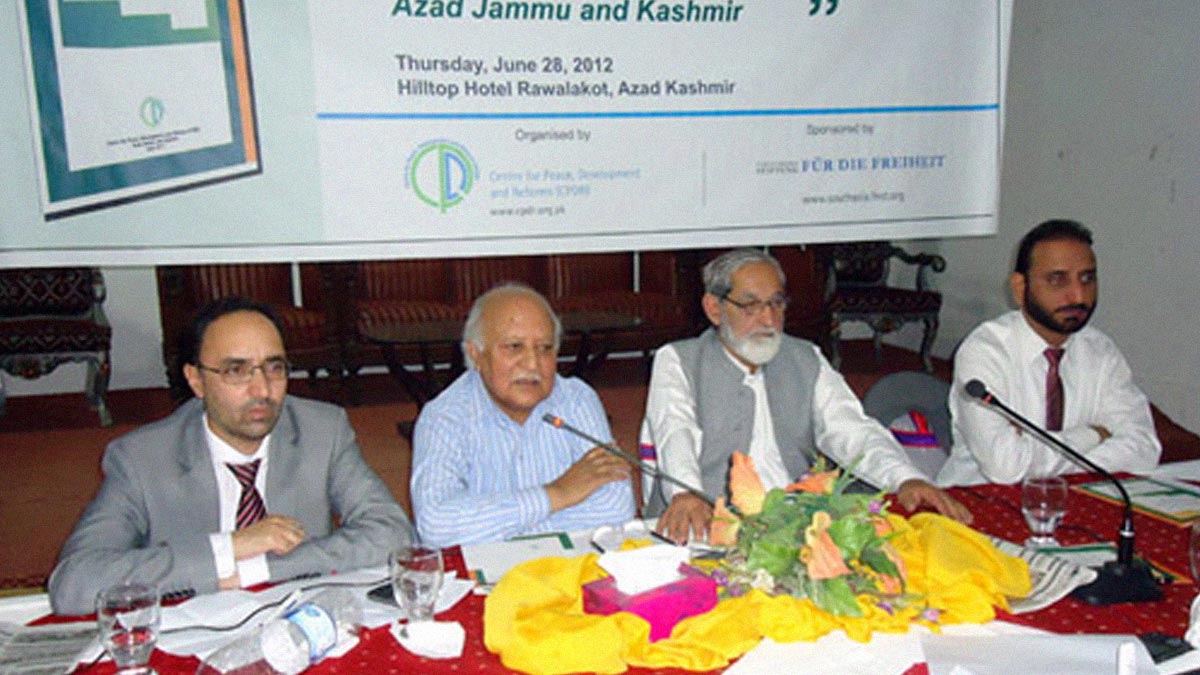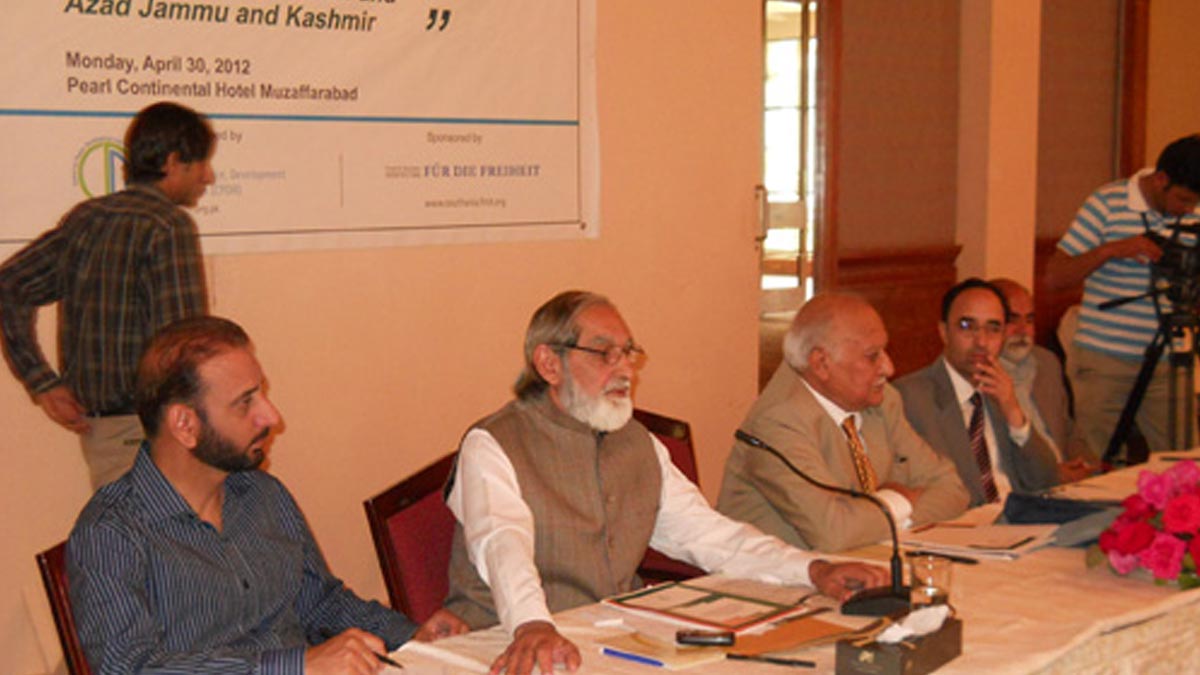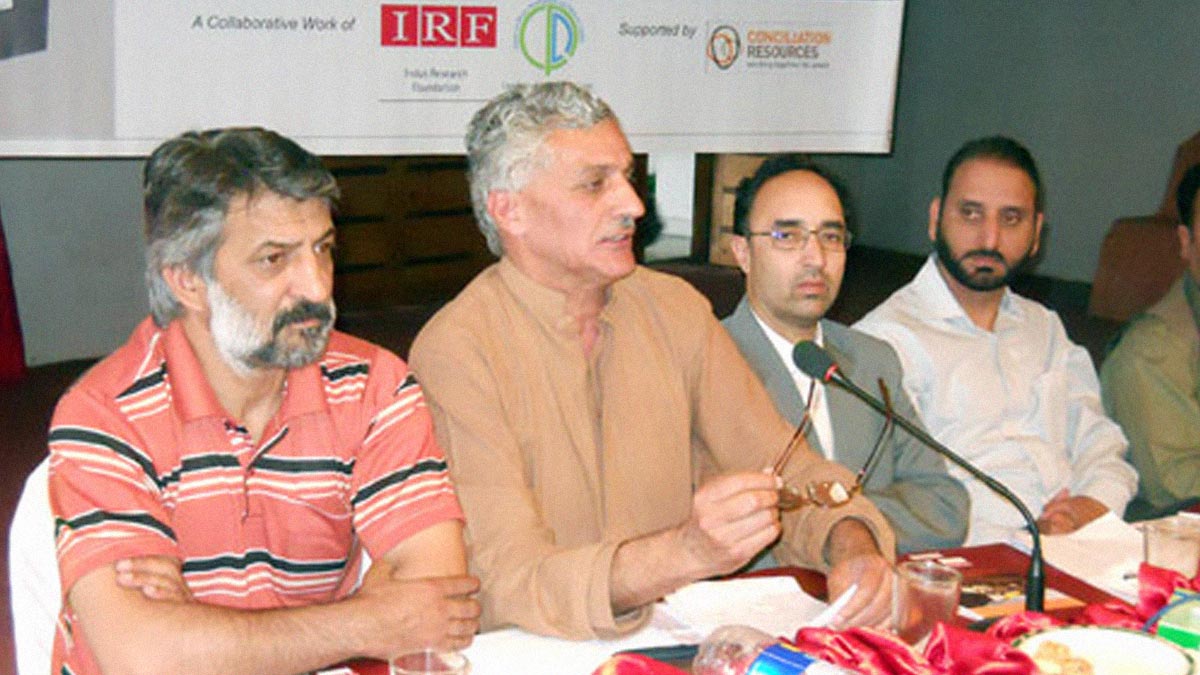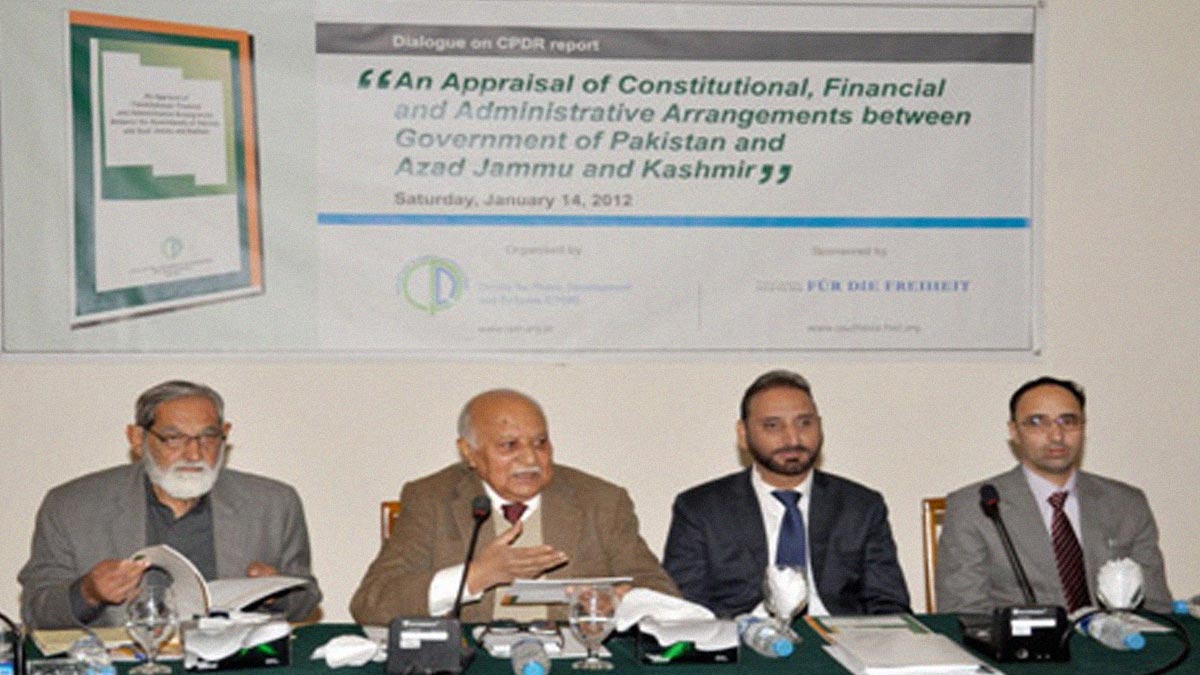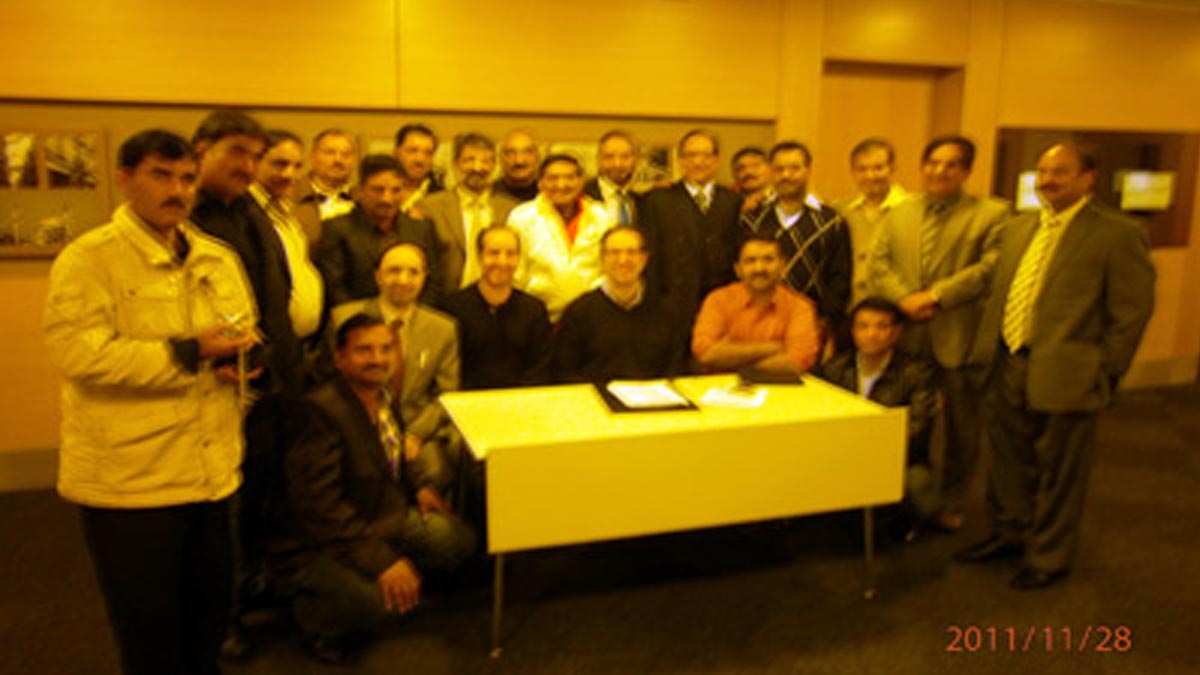- February 10, 2011
- @admin
- 0
- 10th February 2011
- Muzaffarabad
Trade Across the Line of Control’, at the University of Azad Jammu and Kashmir in Muzaffarabad. This is a publication based on discussion papers written by a group of traders, journalists and academics from both sides of Line of Control in Jammu and Kashmir. A first publication with native accounts of peacebuilding and economic benefits of cross-LoC trade, the book is slated for further launches and discussions in New Delhi, Jammu and Srinagar in the next few weeks.
Conciliation Resources, a London-based peacebuilding organisation (1) presented ‘Jammu and Kashmir:
Speaking at the presentation in Muzaffarabad, Sardar Attique Ahmed Khan, the Prime Minister of Azad Jammu and Kashmir, on Thursday, welcomed the publication and its contribution to promoting trade across the Line of Control. He emphasised that intra Kashmir trade is beneficial for the economic development of Jammu and Kashmir across the LoC. Such trade gives life to the notion that the LoC can be a line of commerce rather than a line of conflict. He underlined the need to open up more trade routes, stating that all routes should be opened and trucks and busses from Muzaffarabad and Rawalakot should directly travel to Srinagar and Jammu and vice versa. In order to expand the economic benefits Sardar Attique suggested that the introduction of banking facilities would boost the existing barter trade. He said deepening the processes of the past two years can create an economic highway of affluence for people on both sides of the LoC and help bridge regional distrust. He encouraged civil society to play a dynamic role in promoting creative solutions and generating new ideas to overcome current problems. He welcomed the holding of the presentation of the publication at the University of AJK and encouraged students and teachers to do further research and hold more discussions to promote more understanding of initiatives such as cross LoC trade in younger generations and society more widely.
Other speakers underlined the potential of the trade to have both economic and peacebuilding benefits on both sides of the LoC.
Mr. Zulfiqar Abbasi, President J&K Joint Chamber of Commerce and Industries, said that trade currently faces several challenges, such as the absence of banking services, very limited communications, restrictions on the movement of traders and a limited range of tradable goods. Addressing these problems will allow the trade to have a more significant impact on the livelihoods of people on either side of the LoC. He suggested that new ideas should be explored such as the creation of a free trade zone across the LoC. He also urged the governments of AJK and Pakistan to consider new confidence building measures (CBMs) such as tourism and in the service sector.
Kashan Masood, President of the LoC Trade Council from Rawalakot, highlighted the problems facing traders and urged that trade be given a stronger foundation. This could be done by introducing permissive legislation and clear regulations that encourage transparency. Furthermore, he said that improving the infrastructure for trade on both sides of the LoC by building better roads, mundies and storage facilities will help traders to conduct business.
Mr. Jonathan Cohen, Director of Programmes from Conciliation Resources in London, stated that CR does not bring any prescriptions or formulas for the resolution of the conflict but rather has supported the publication of the trade papers in order to encourage analysis of challenges and the generation of ideas among people living and working on either side of the LoC. To date trade has been a significant confidence building measure. This and other CBMs, such as cooperation across the LoC in the sphere of higher education, have the potential to promote peacebuilding.
Ershad Mahmud, an analyst who contributed to the discussion papers, said that trade can not solve the political dimension of the conflict but it can help create an environment conducive to more constructive political initiatives to build peace constituencies across the LoC. The trade has made a contribution to the local economies and created job opportunities for people living along the LoC on either side of Jammu and Kashmir and by addressing current pitfalls in the structure of the trade more progress could be made in this regard.
Tahir Aziz, Projects Manager from Conciliation Resources, said CBMs such as cross LoC are part of a process and not an end in themselves. In the past five years with the development of travel across the LoC and then trade a huge distance has been covered. While much progress has been made in developing the trade important areas for improvement remain and it is hoped that further dialogue across the LoC can promote mutually advantageous outcomes and create stakeholders for peace on both sides.
On behalf of the University of Azad Jammu and Kashmir University, which hosted the presentation, Acting Vice Chancellor Professor Dr Ghulam Ghous and Professor Dr Raja Nasim Akhtar, Dean of the Faculty of Arts, welcomed the publication and encouraged further initiatives of this nature.
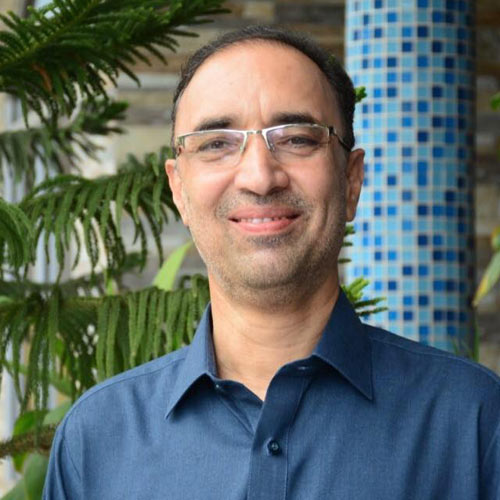
Ershad Mahmud
The writer is a freelance contributor. He can be reached at:


